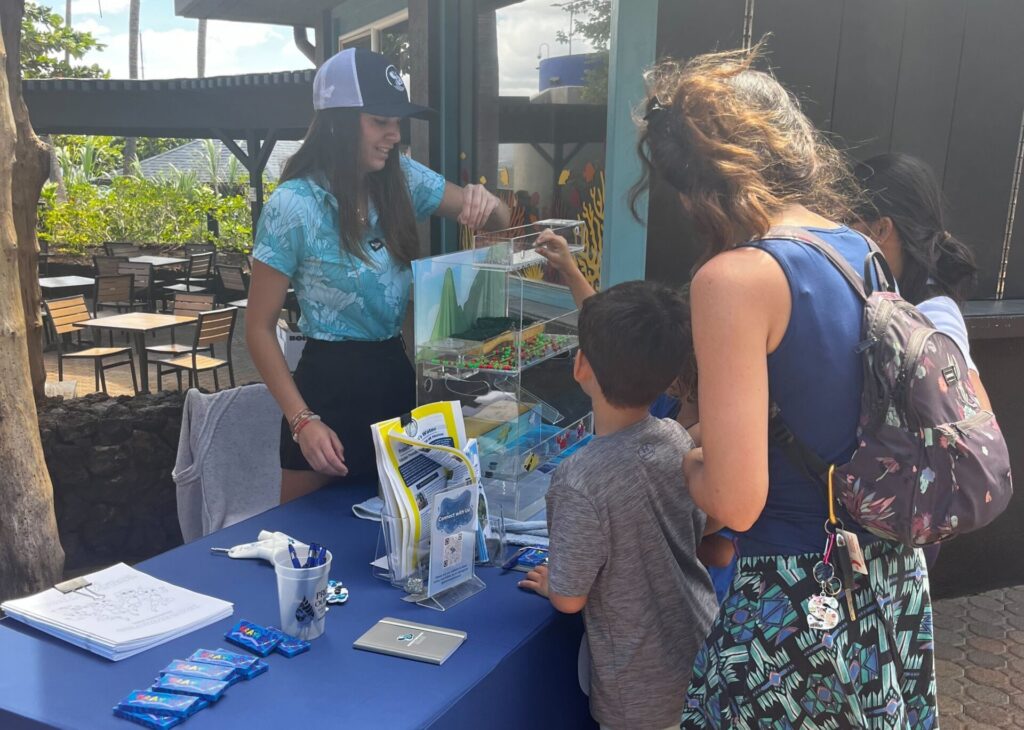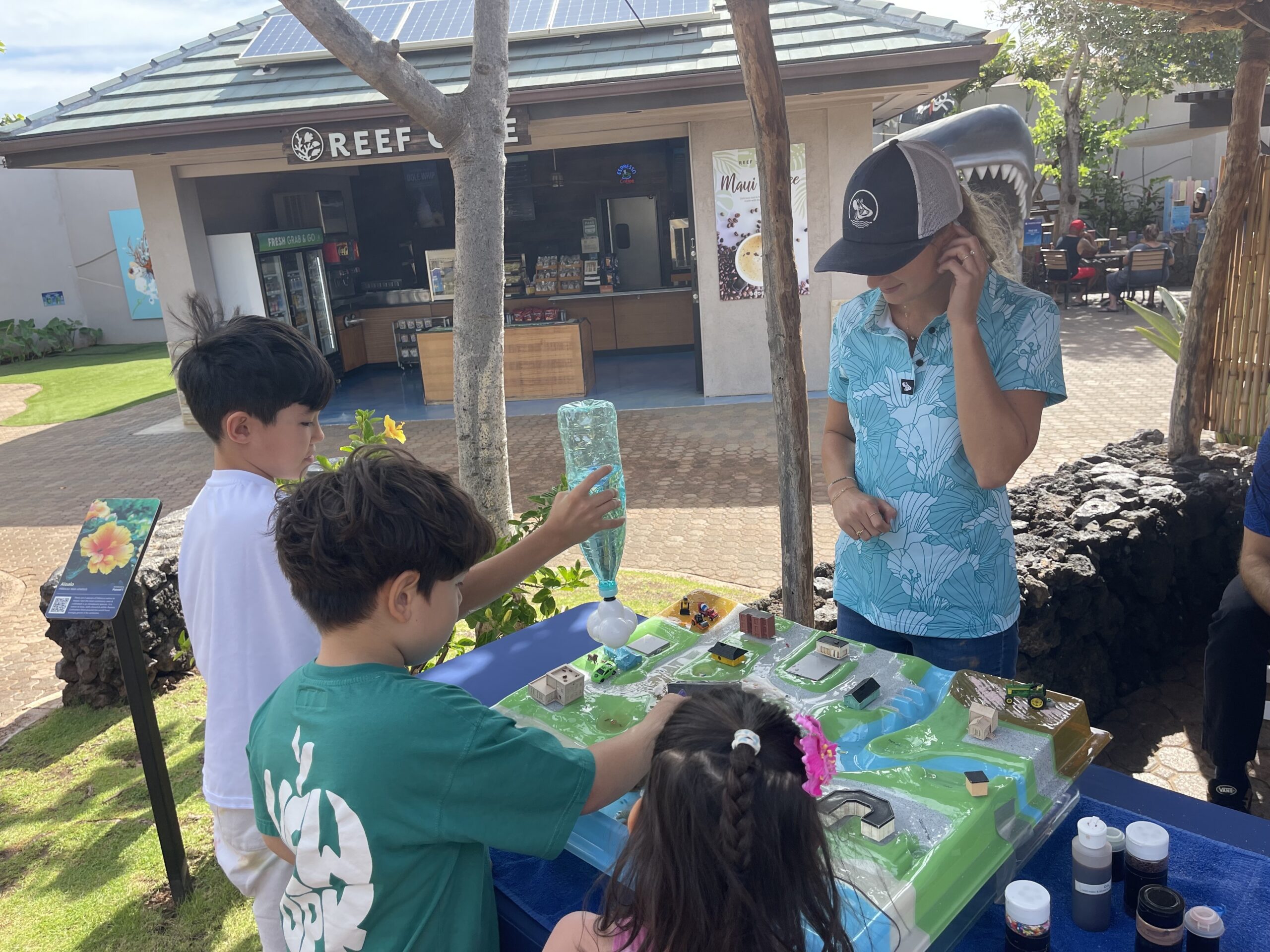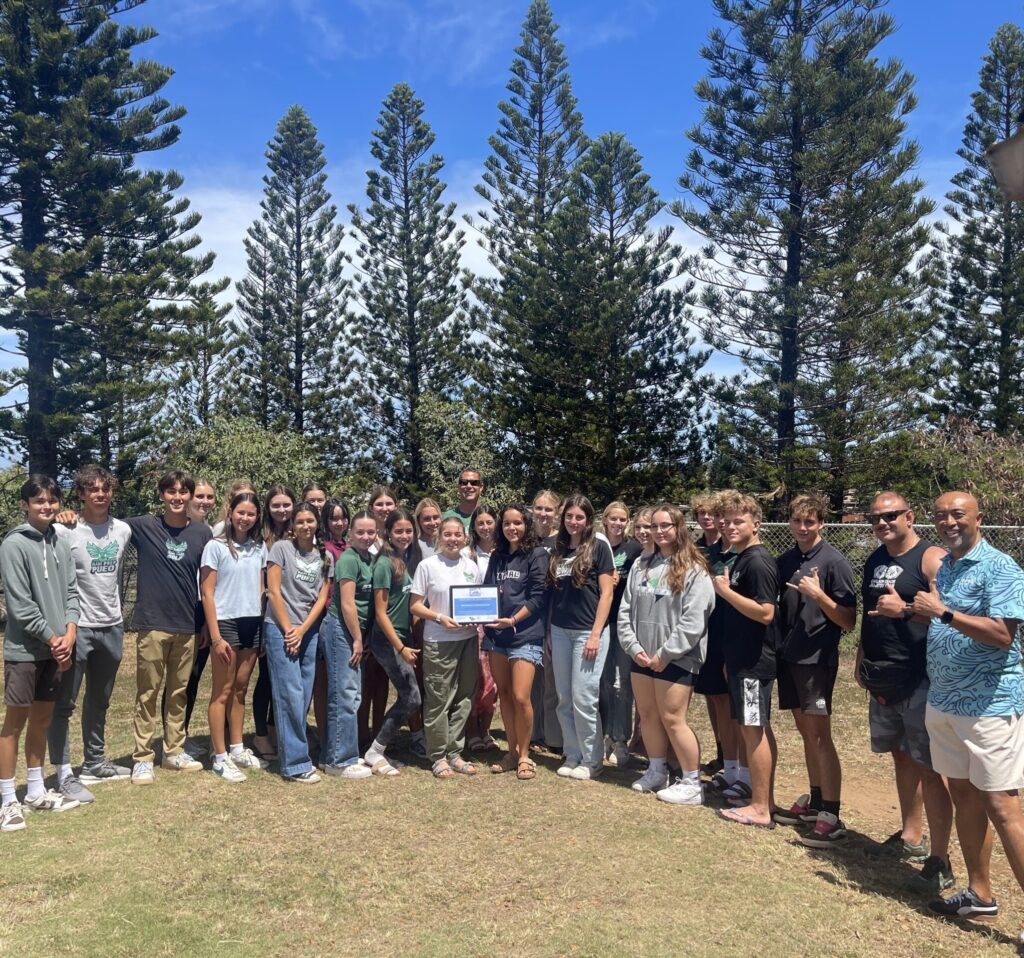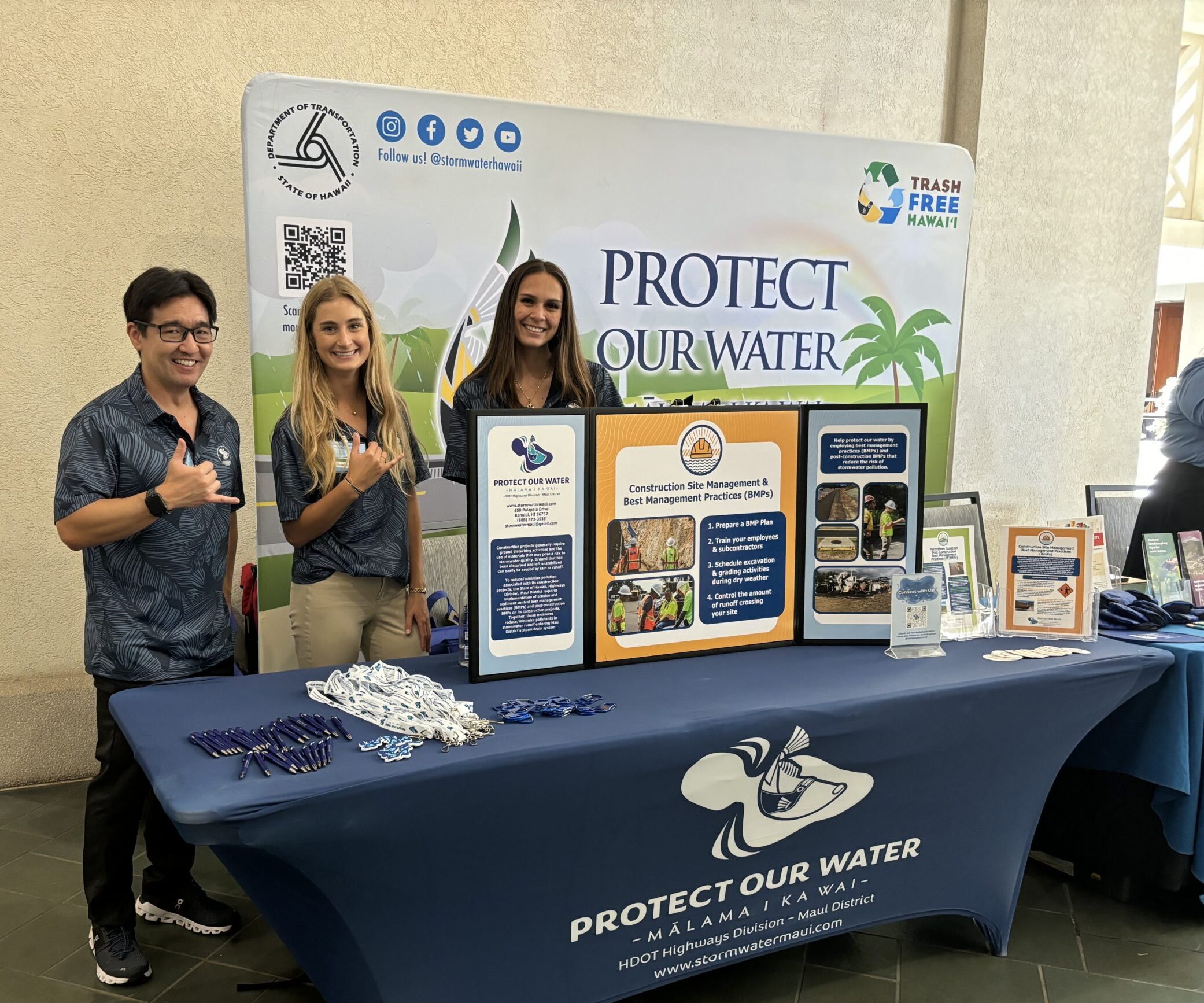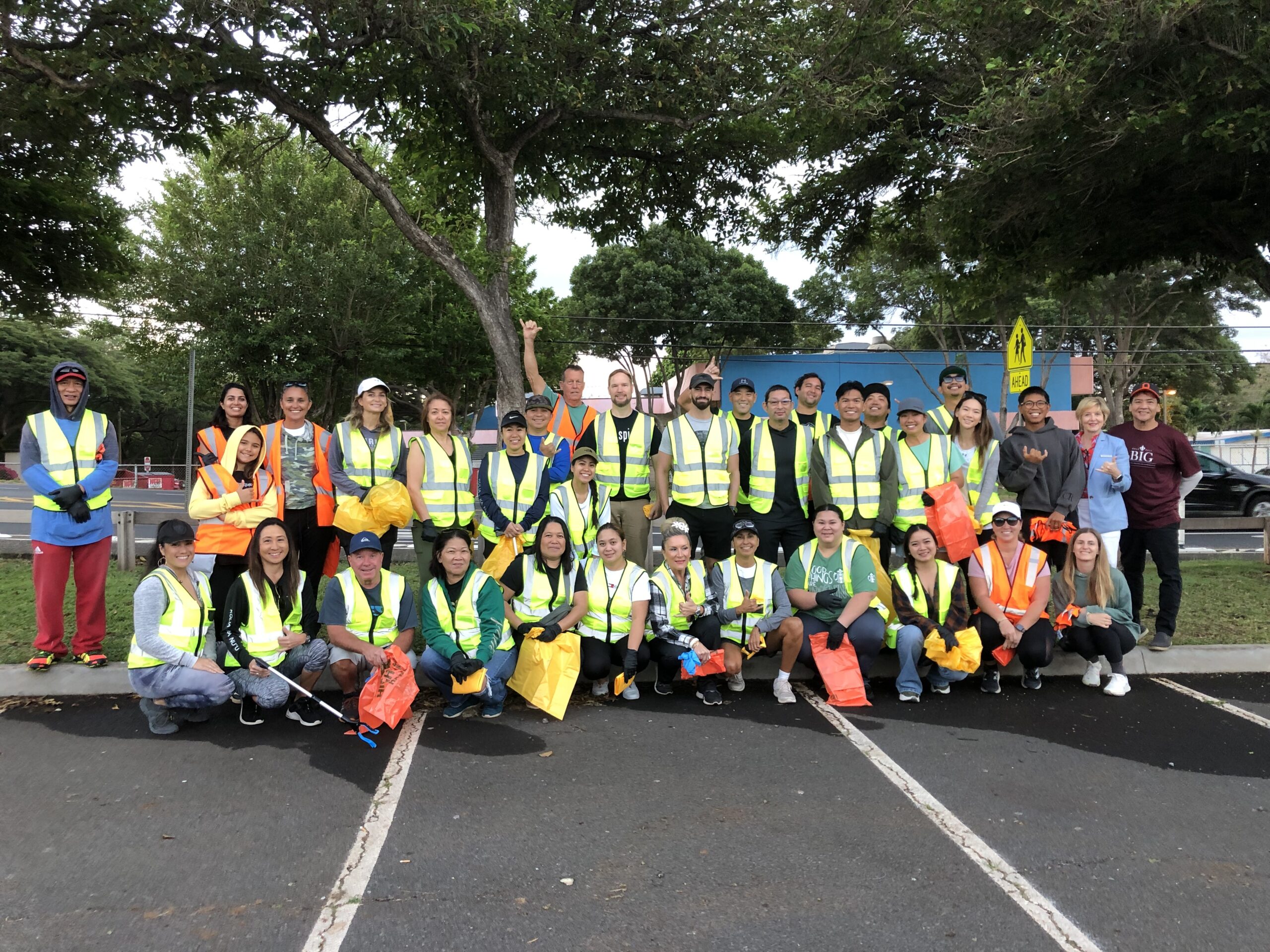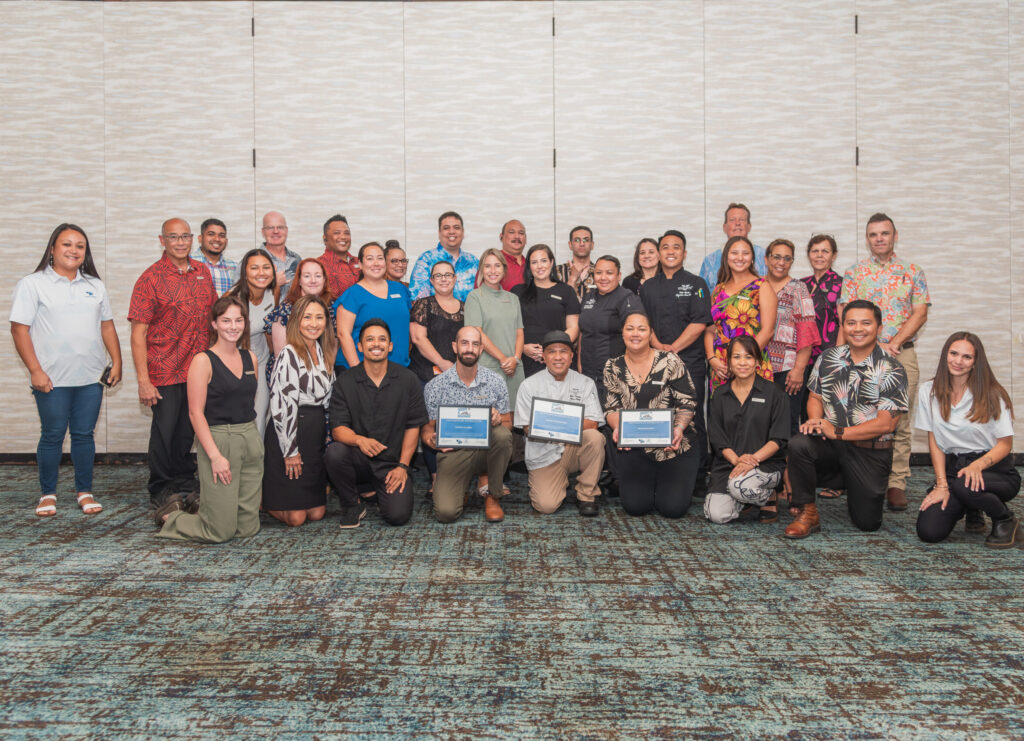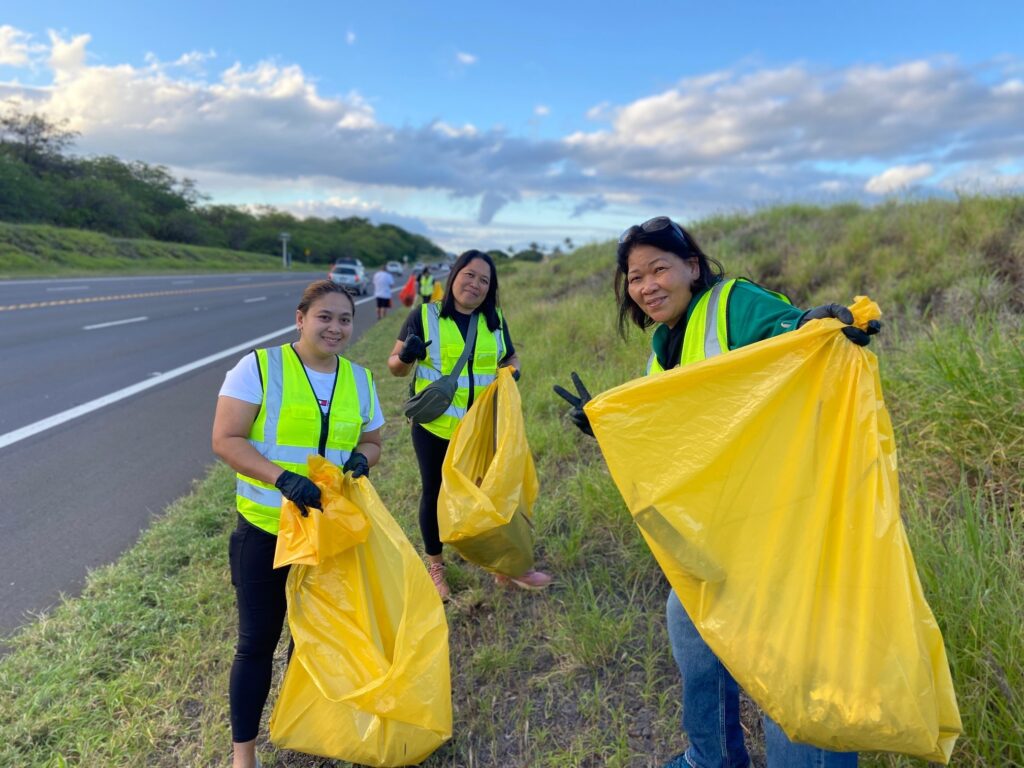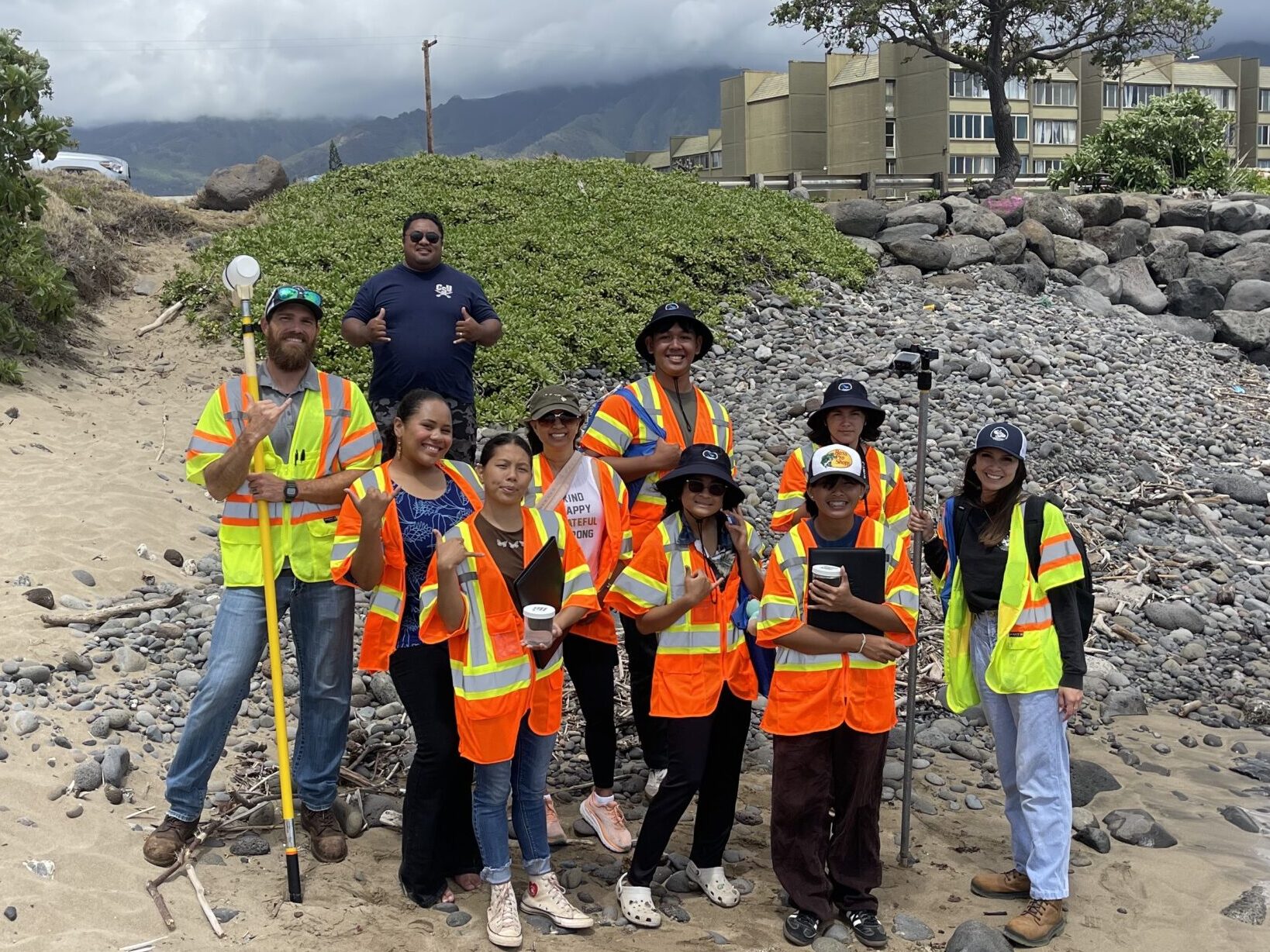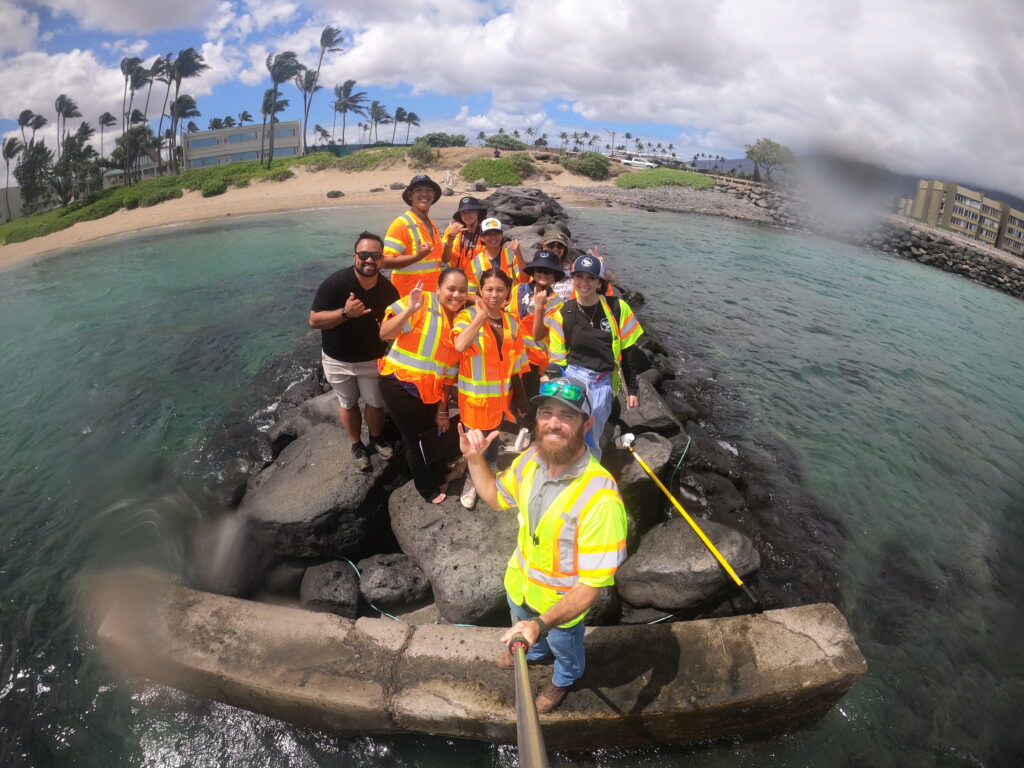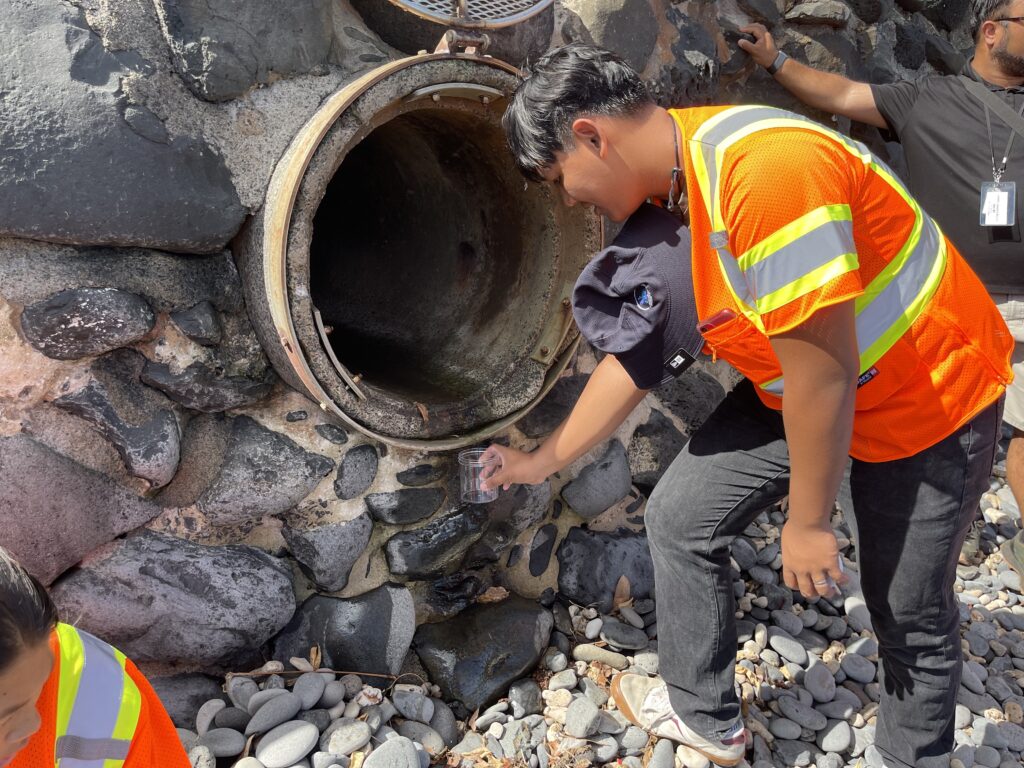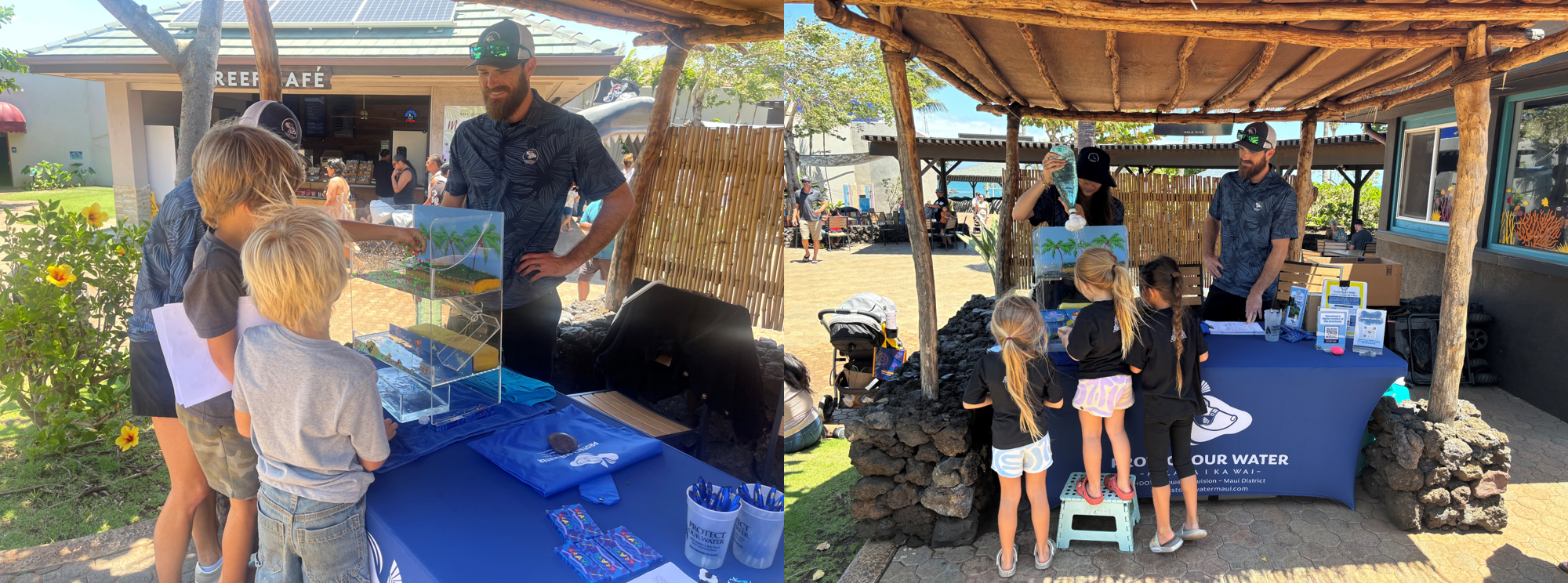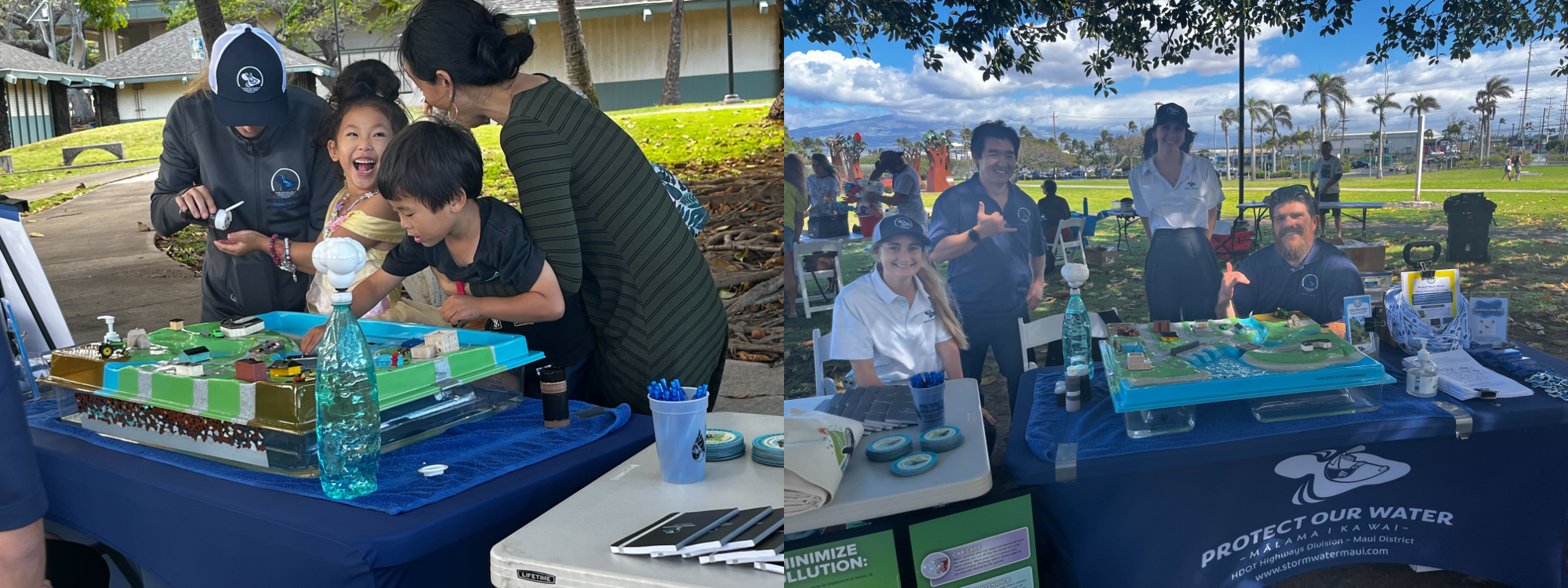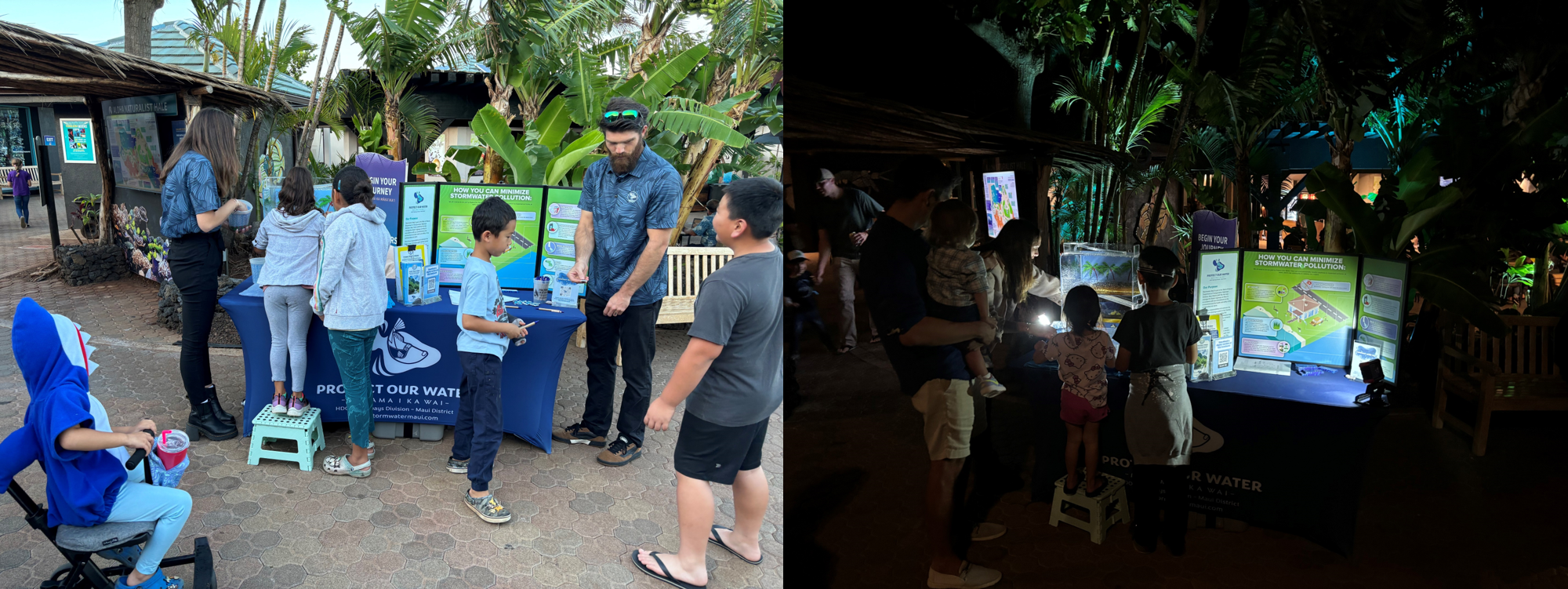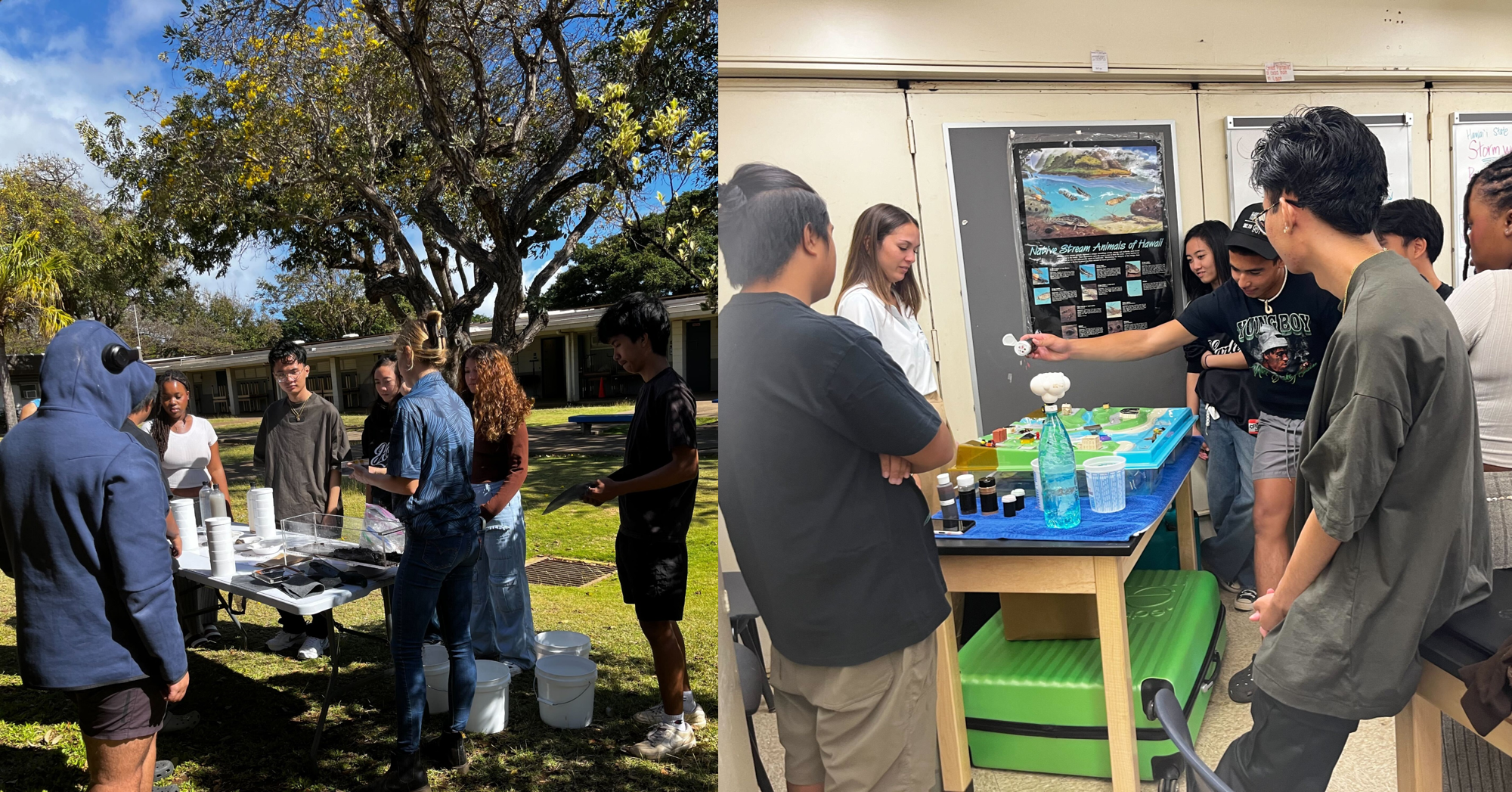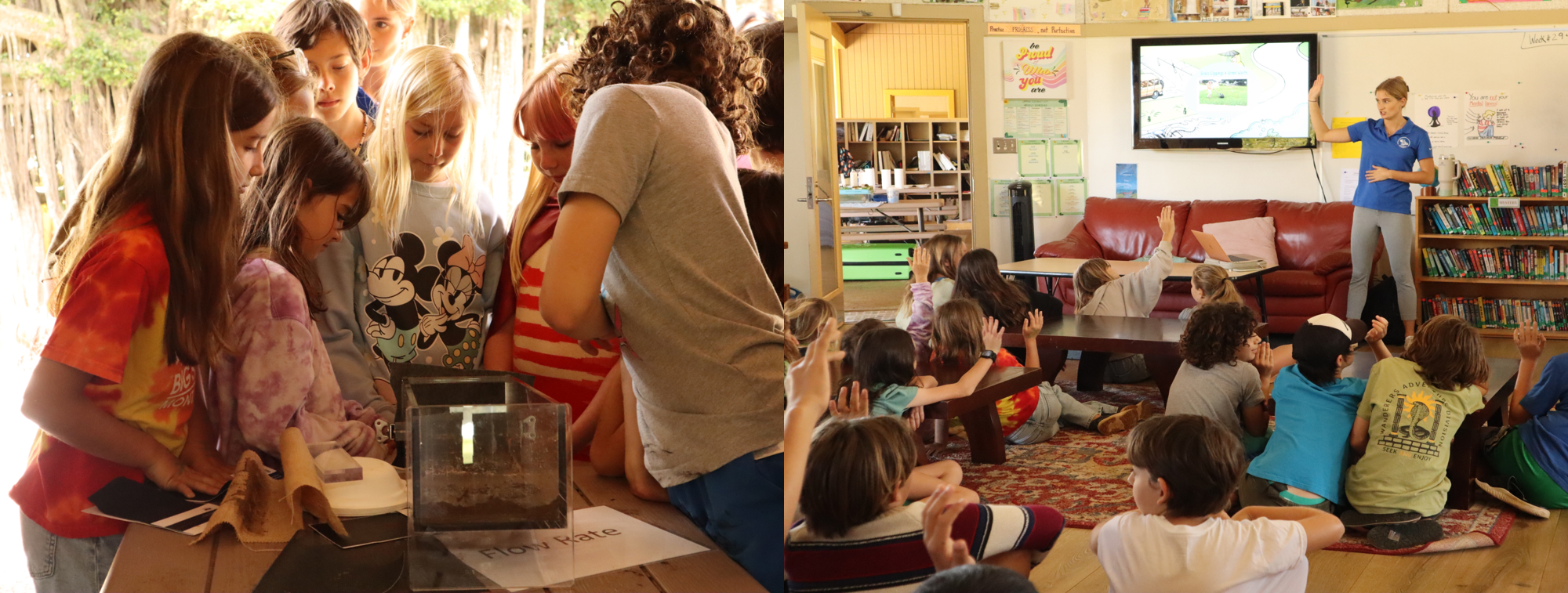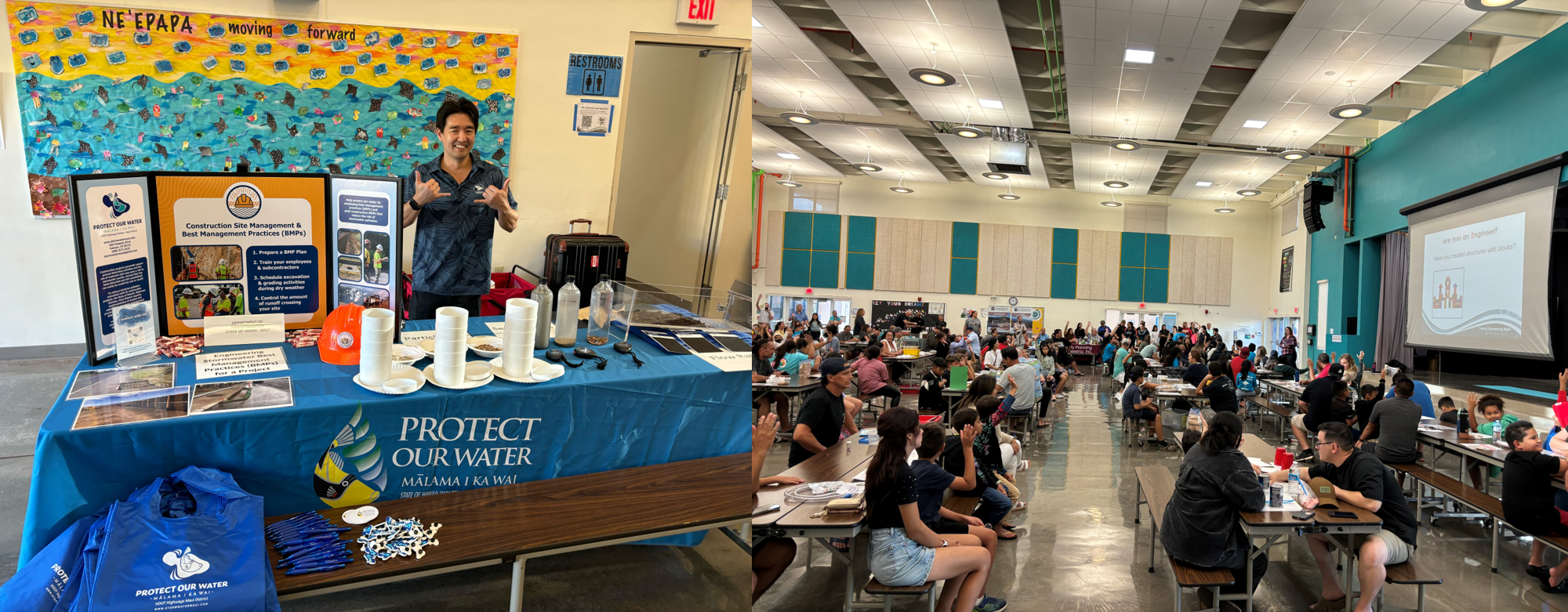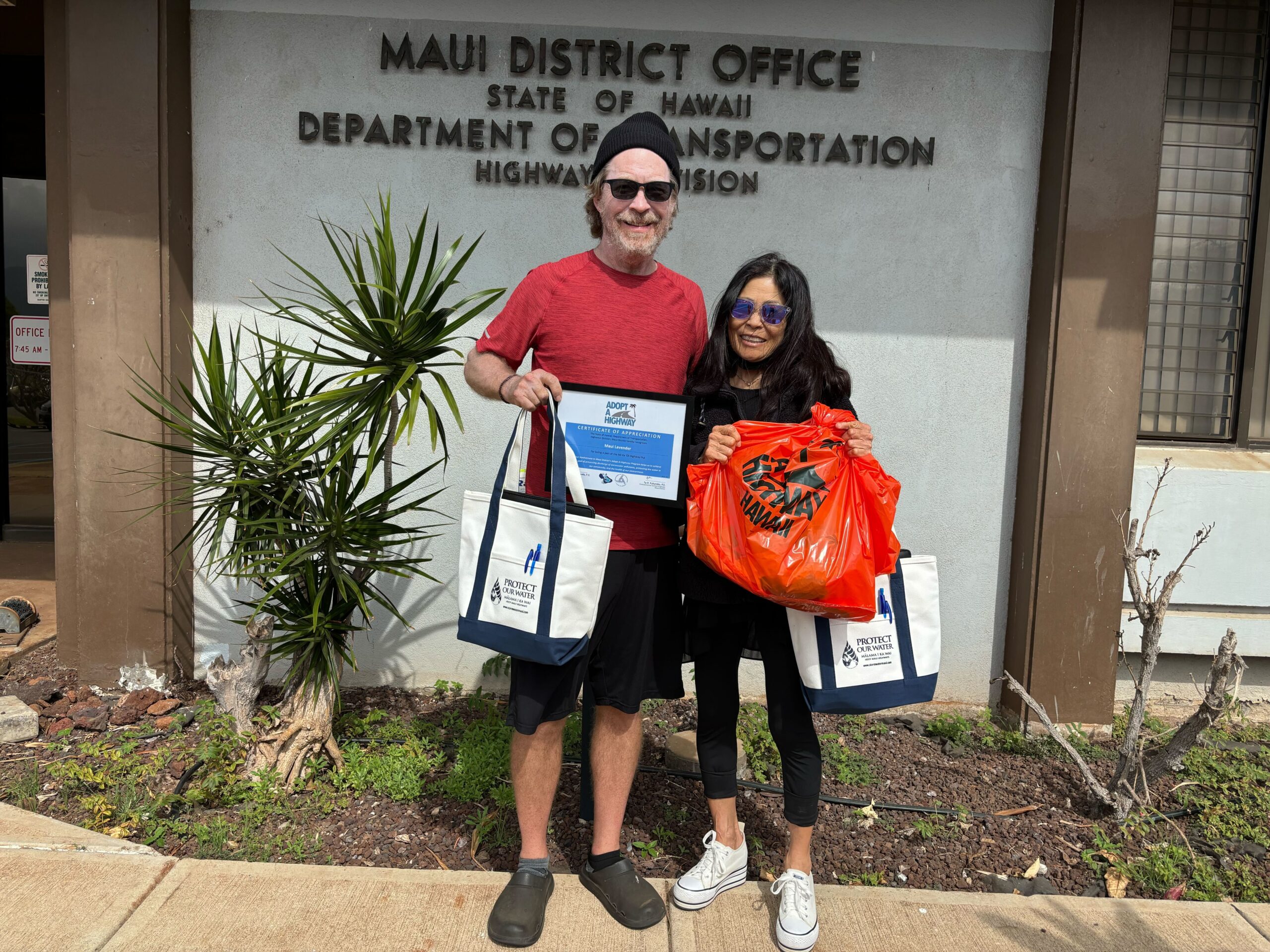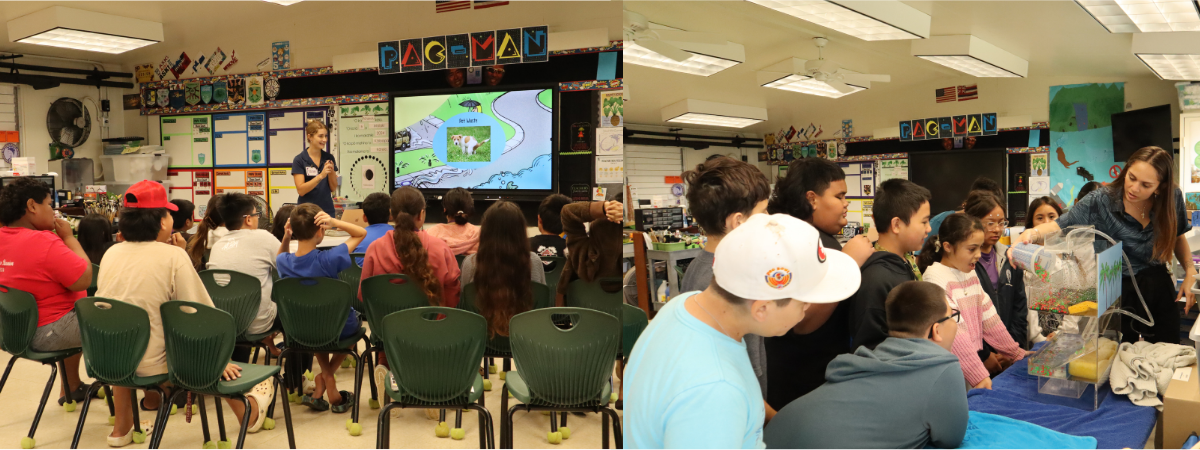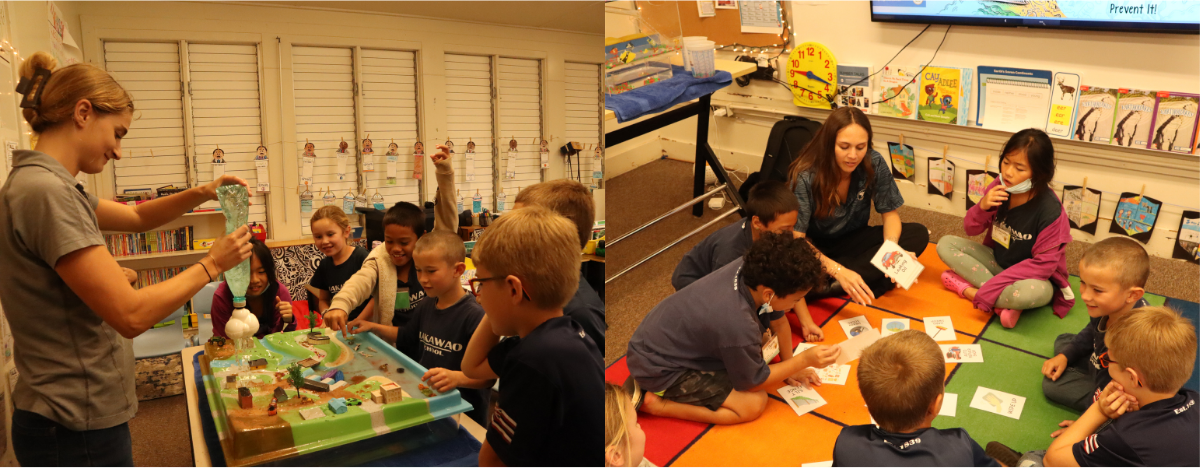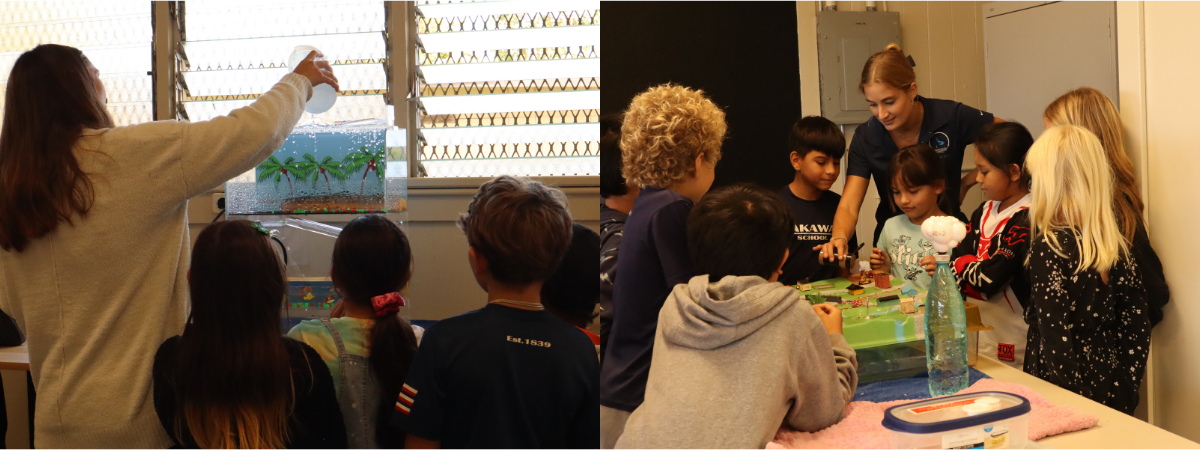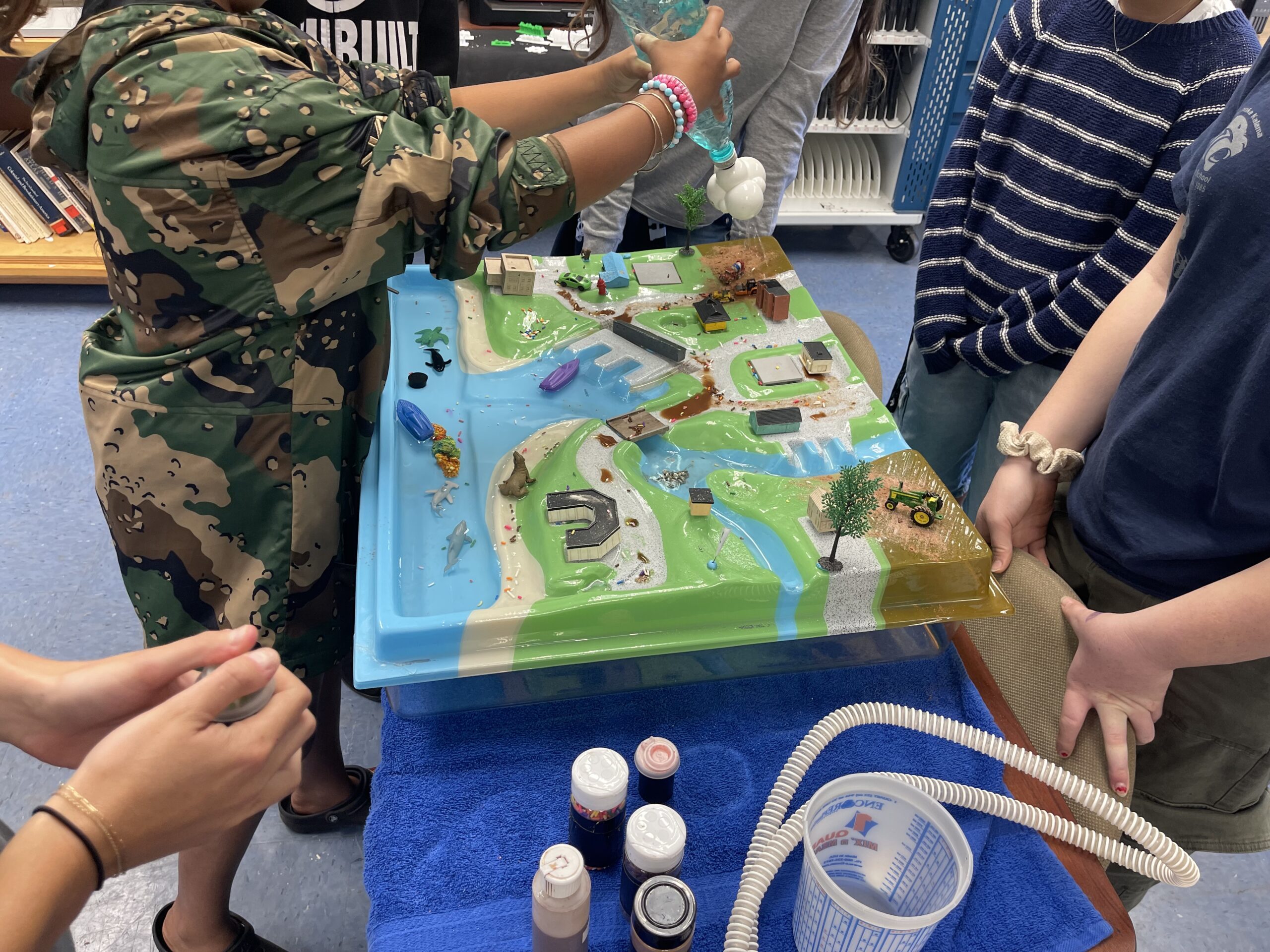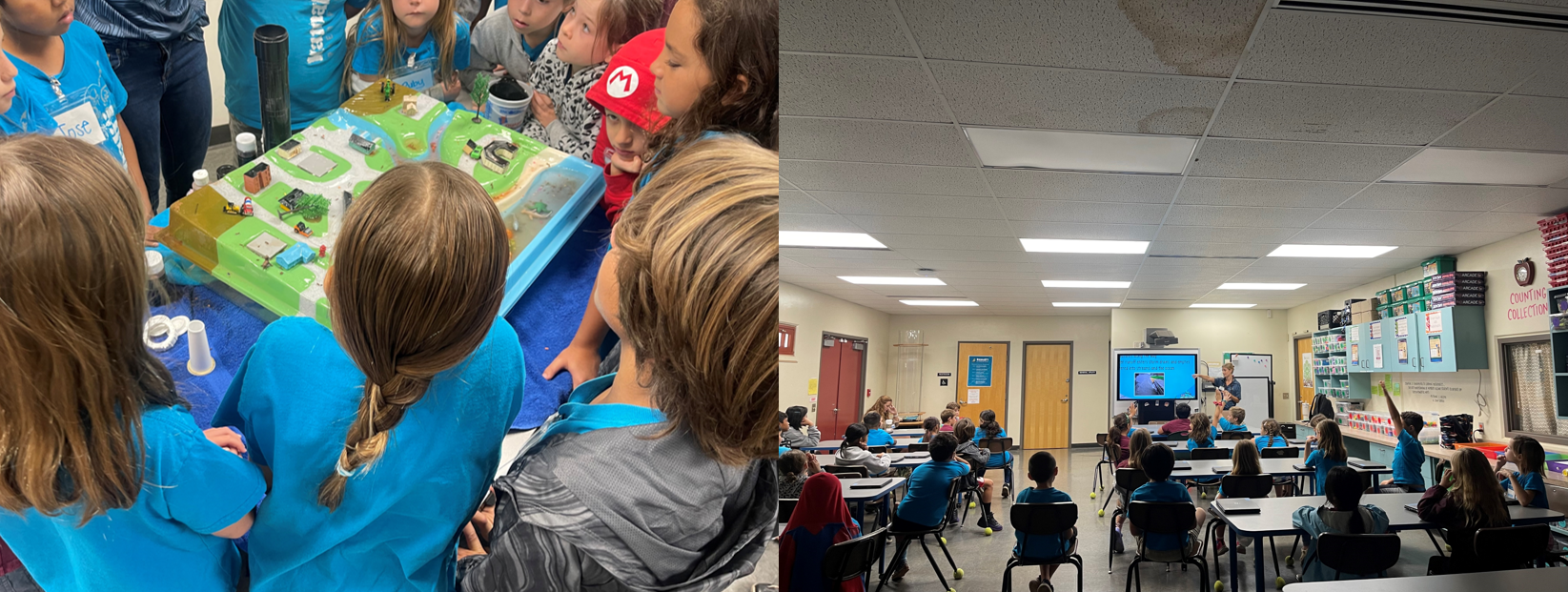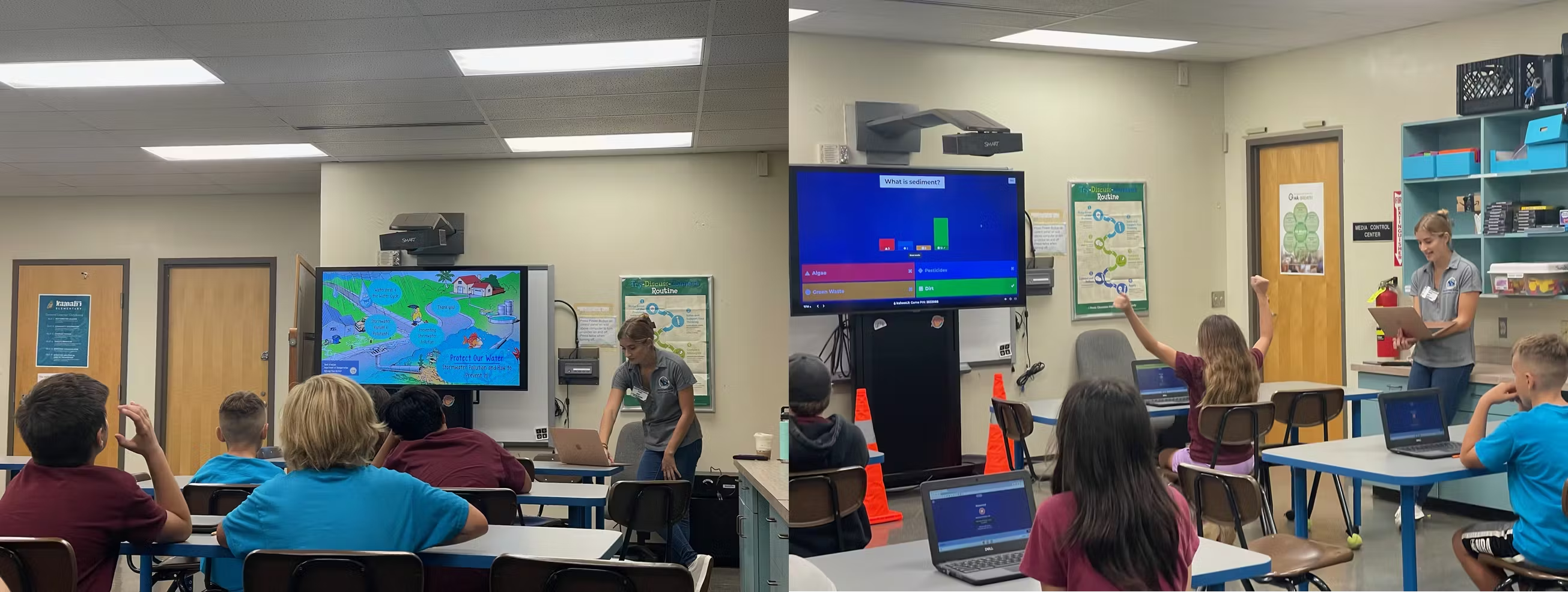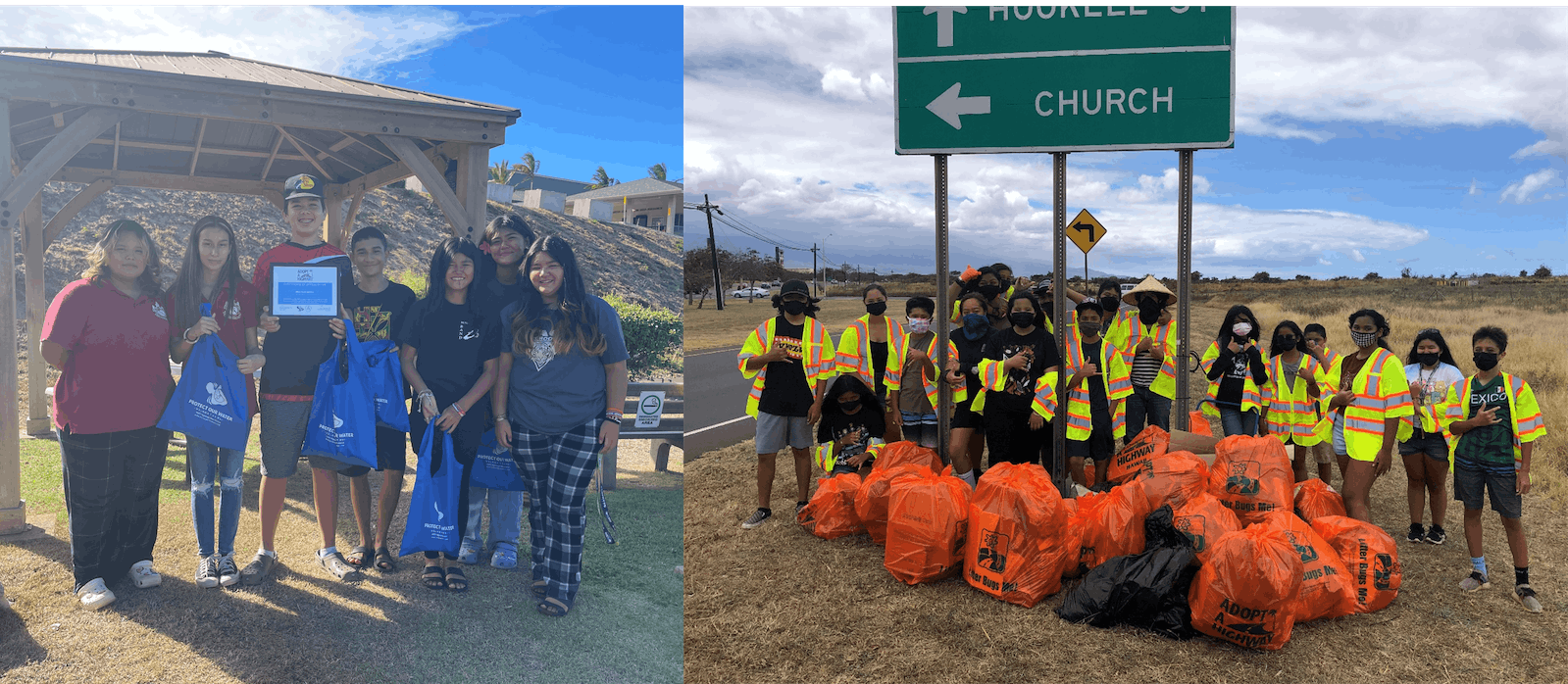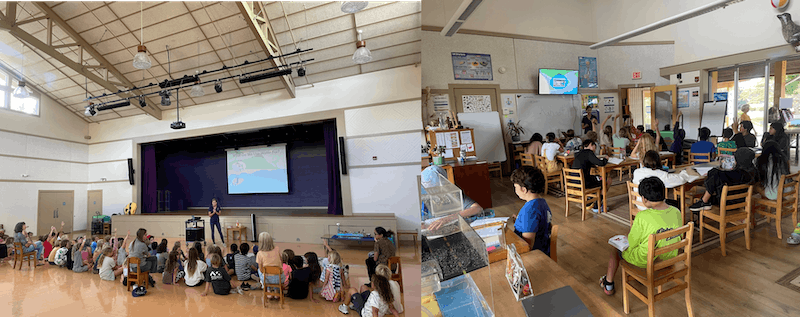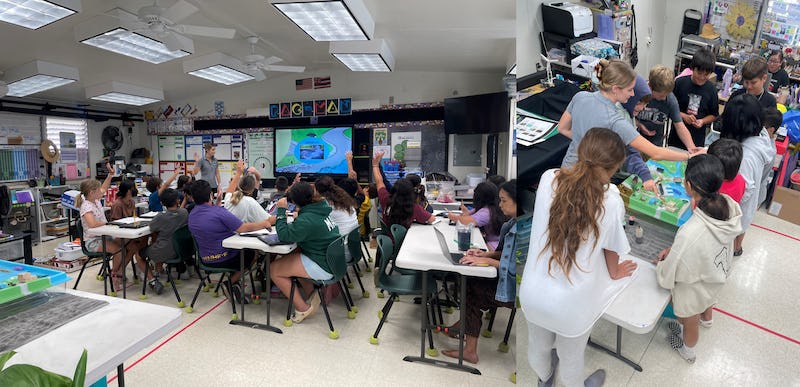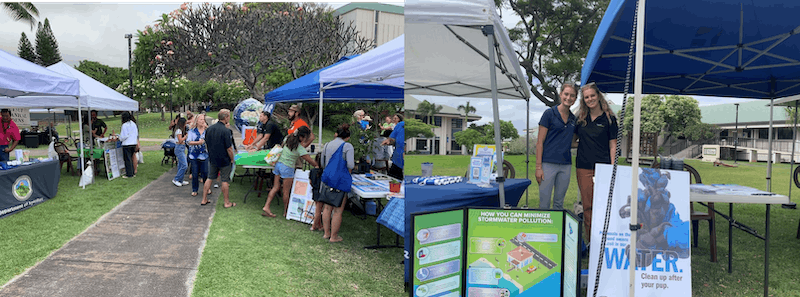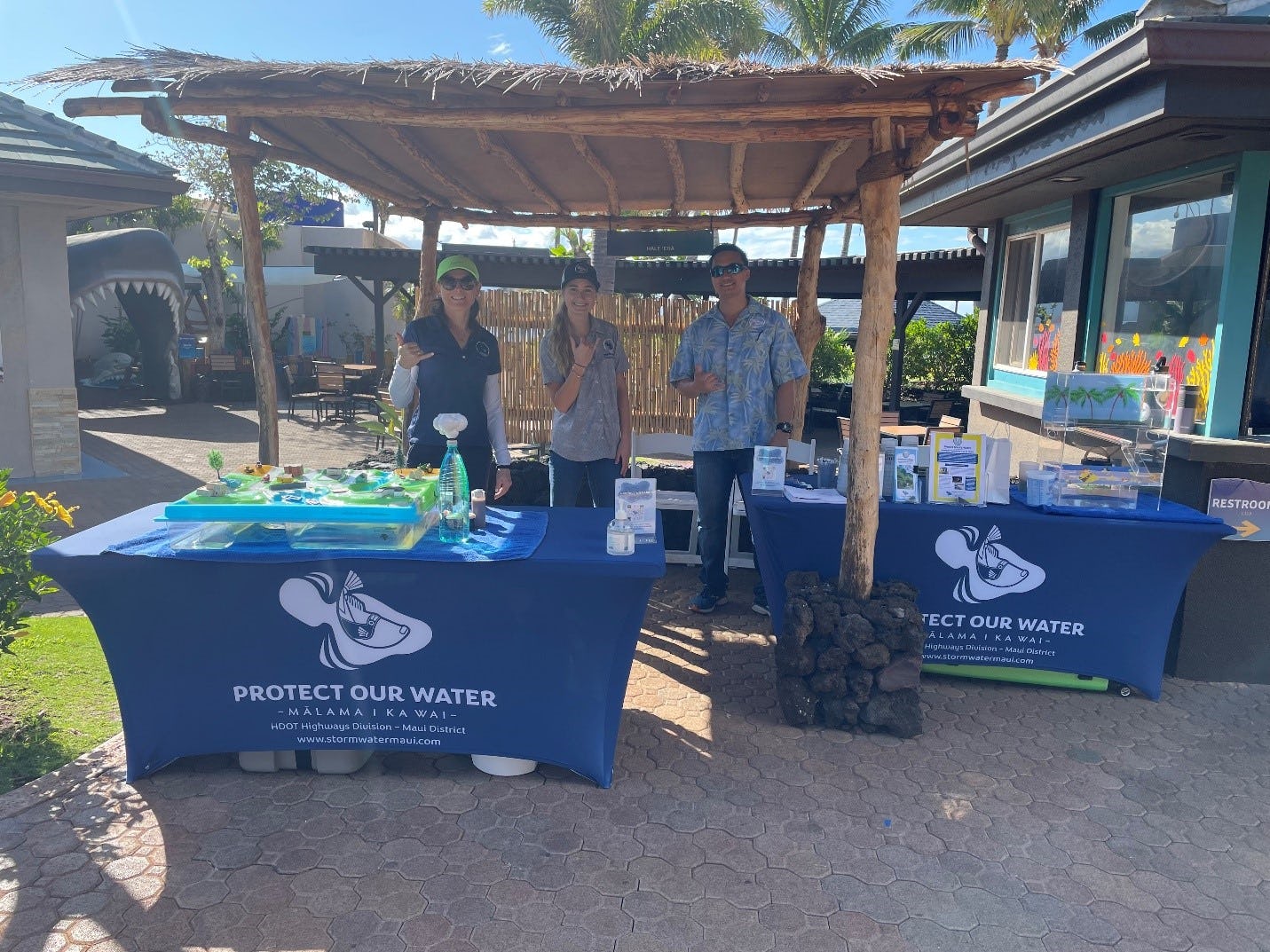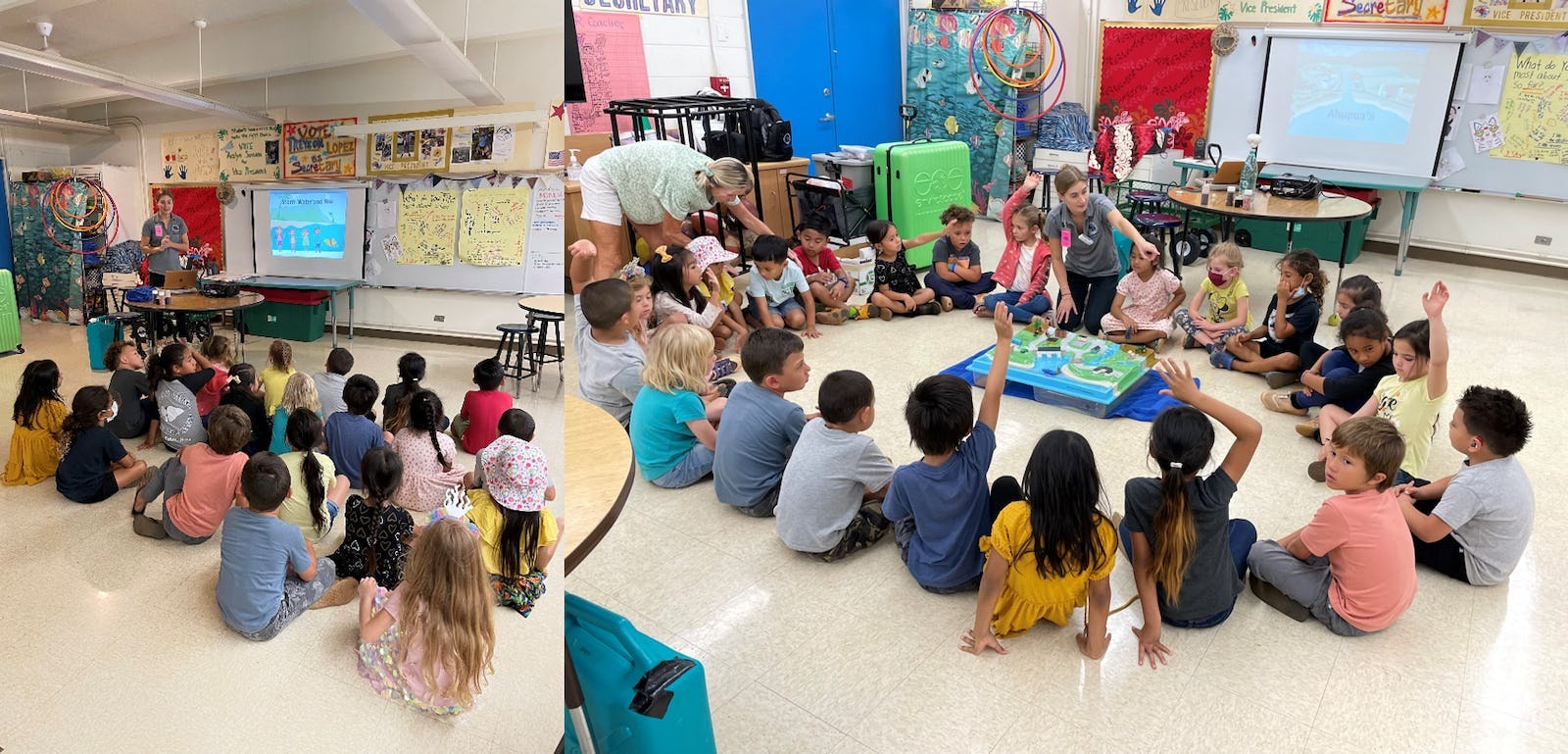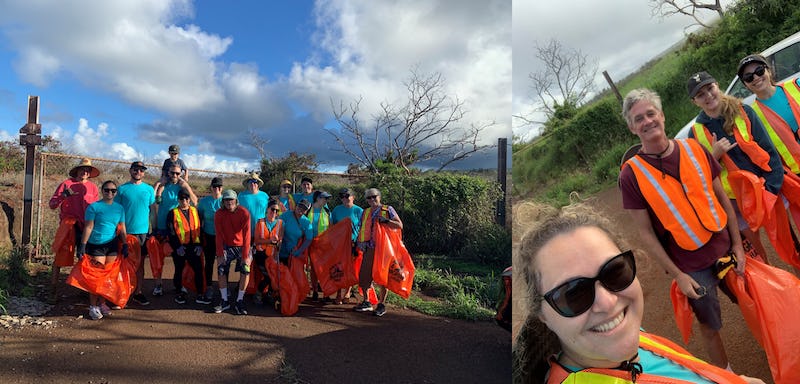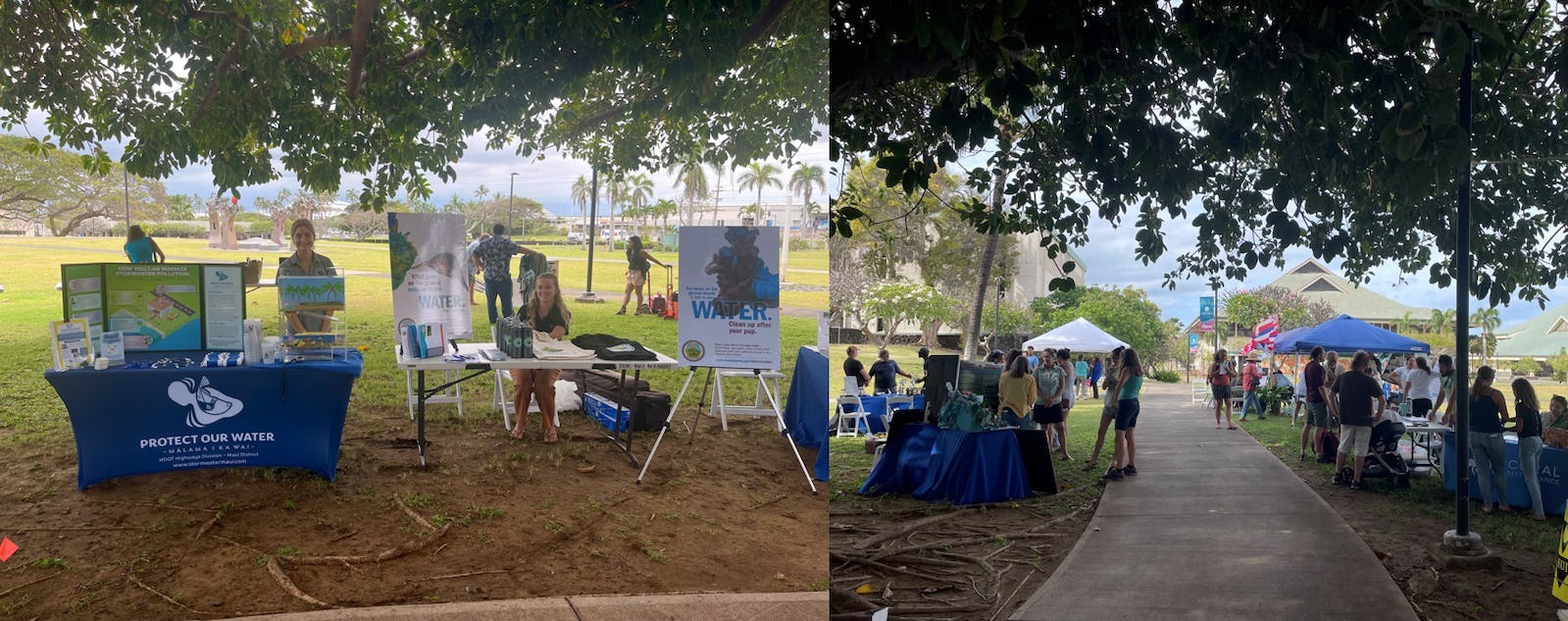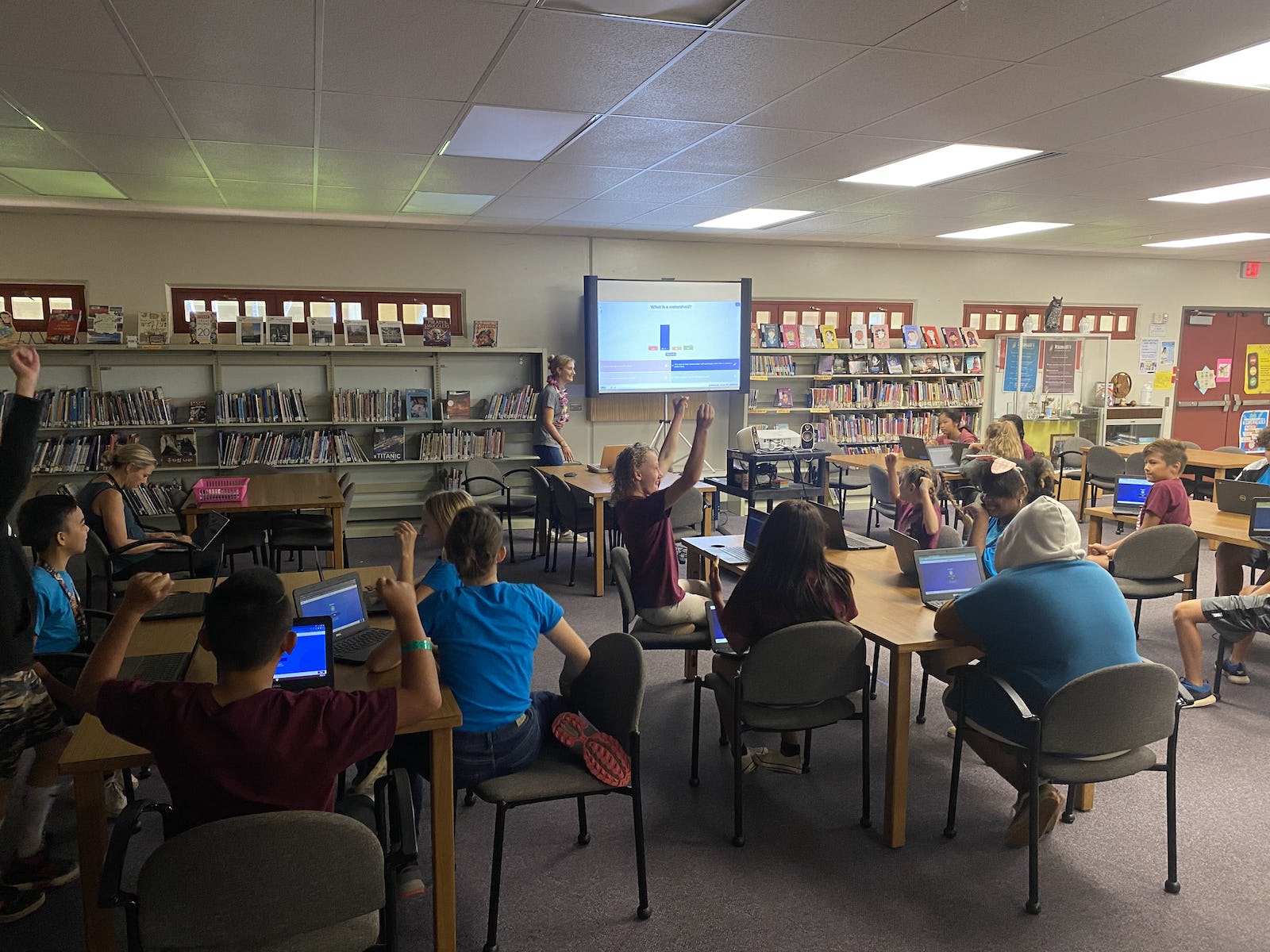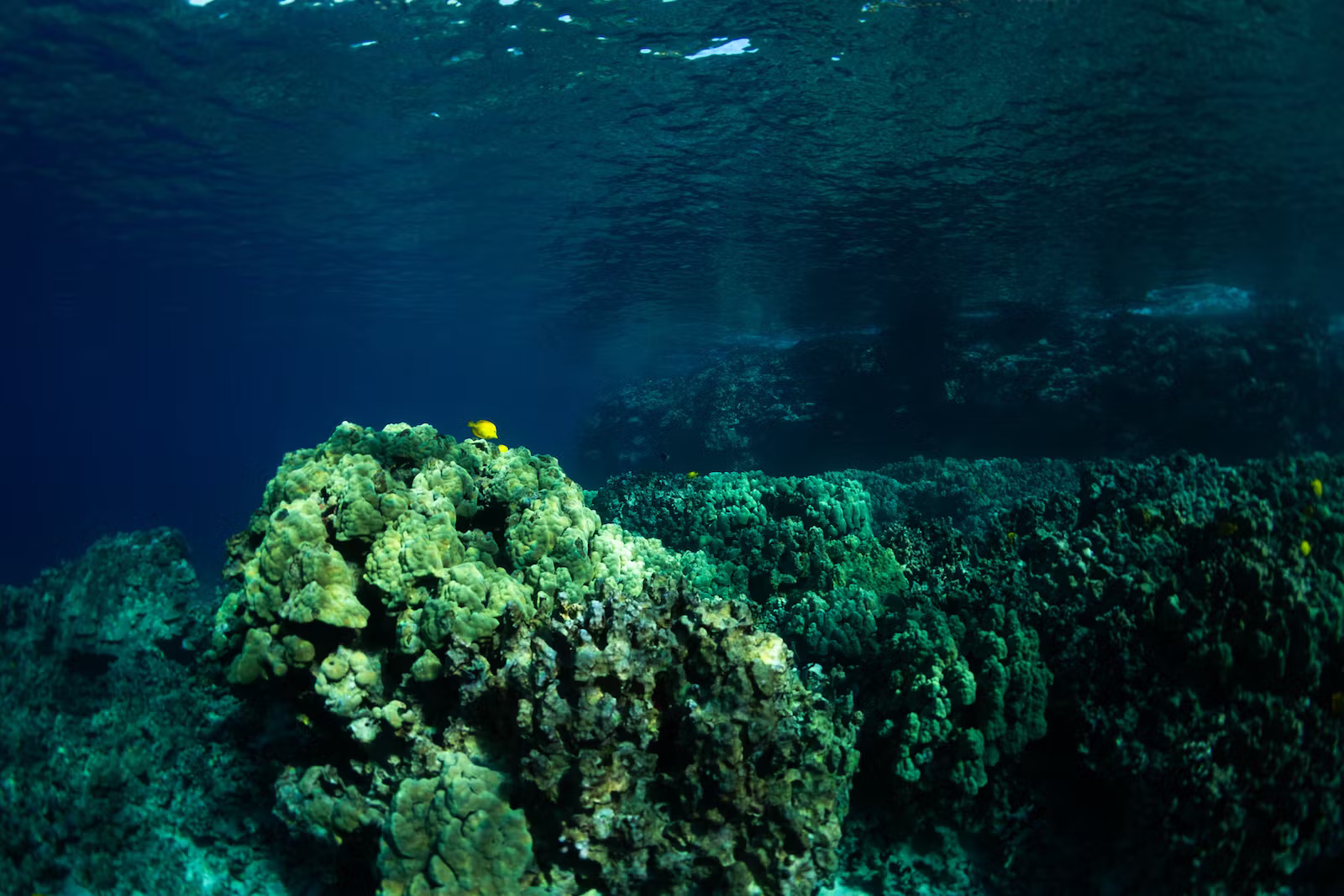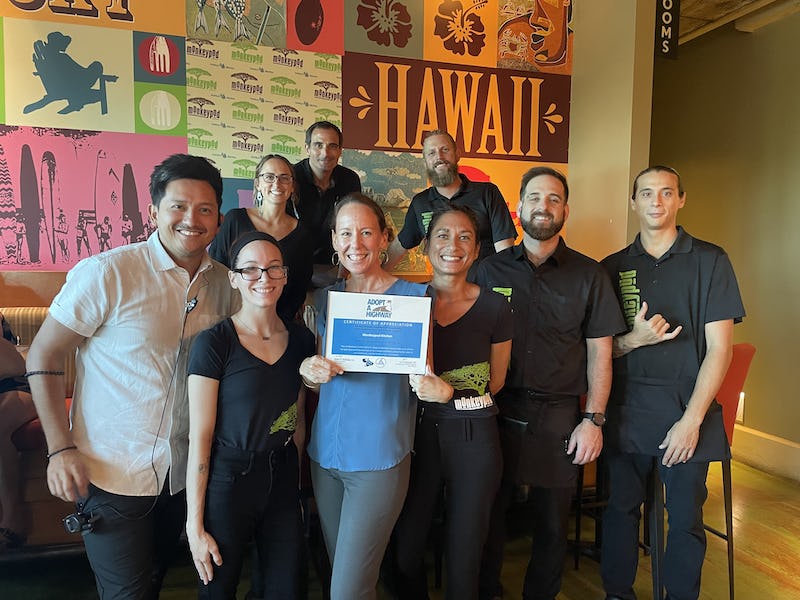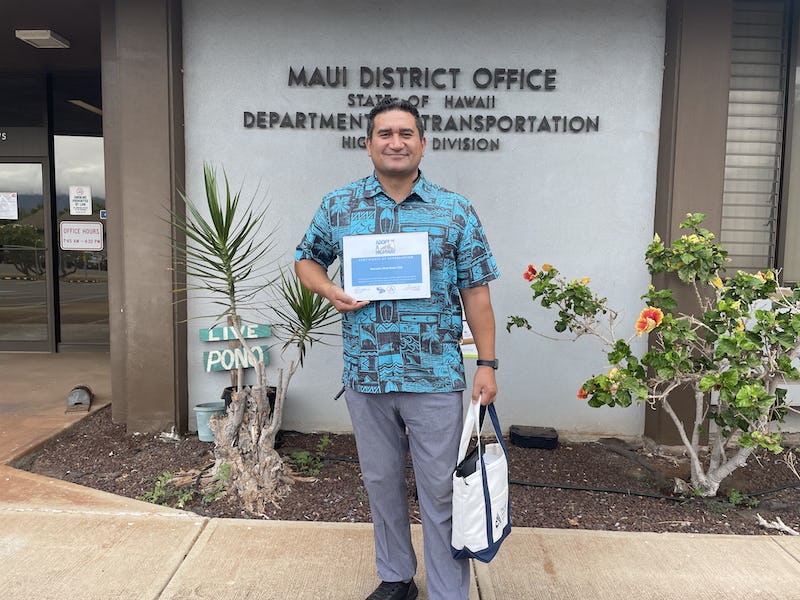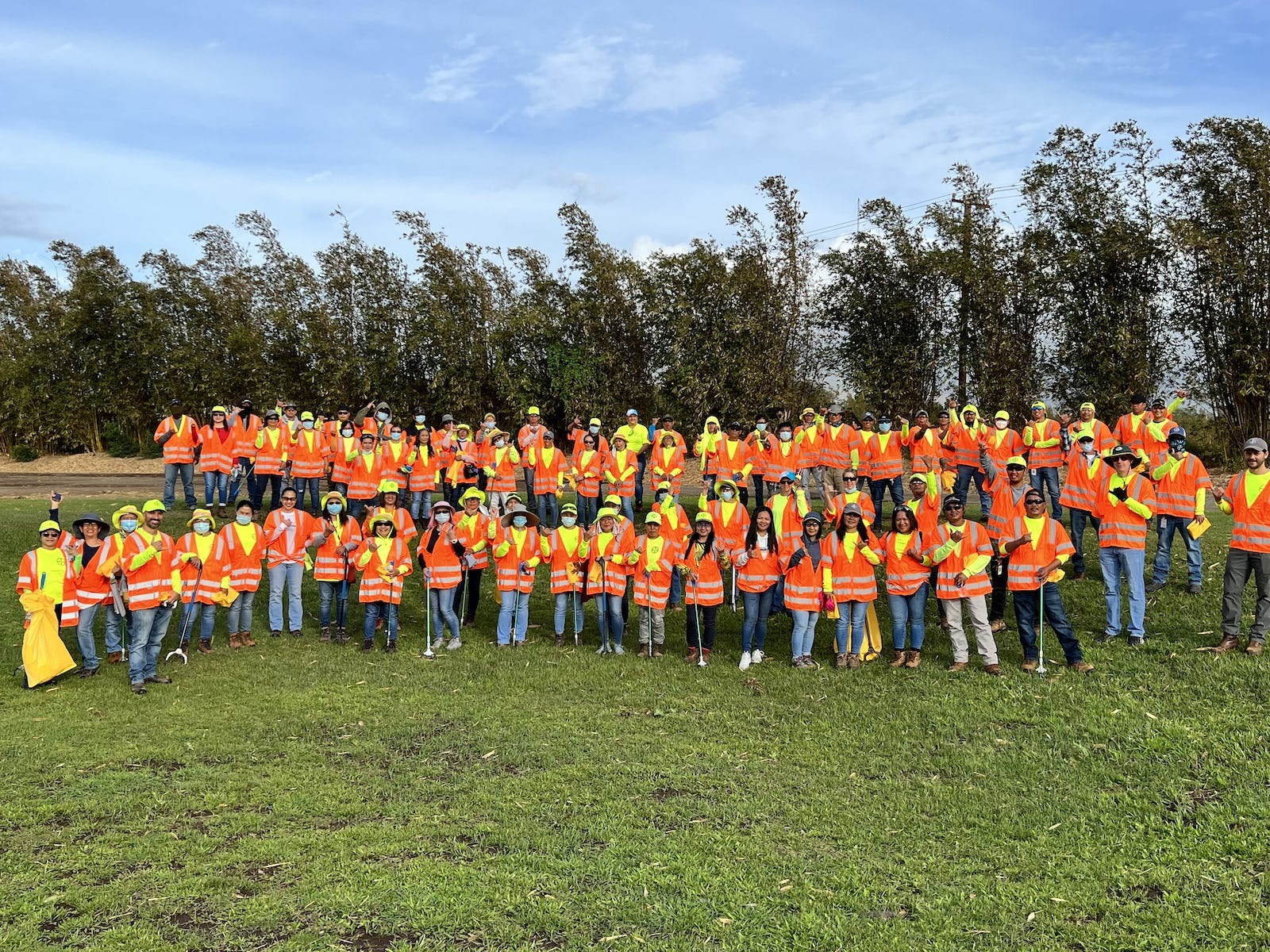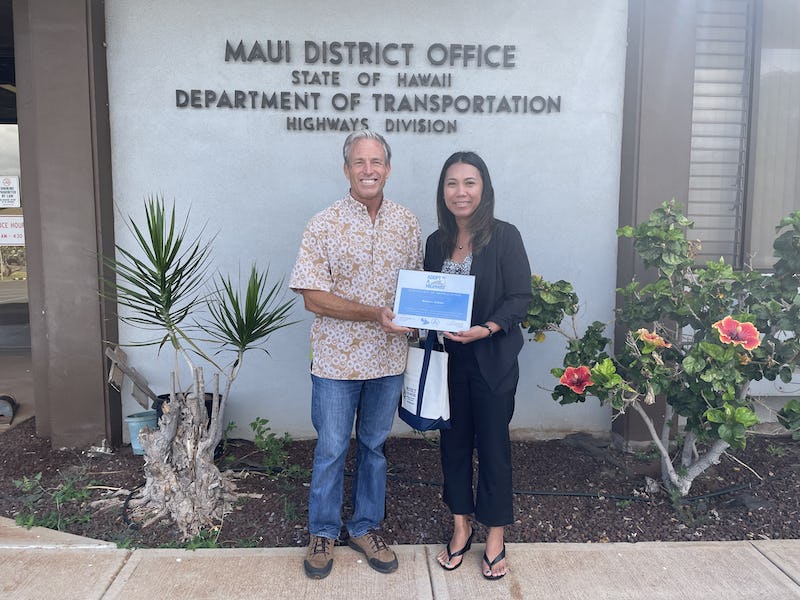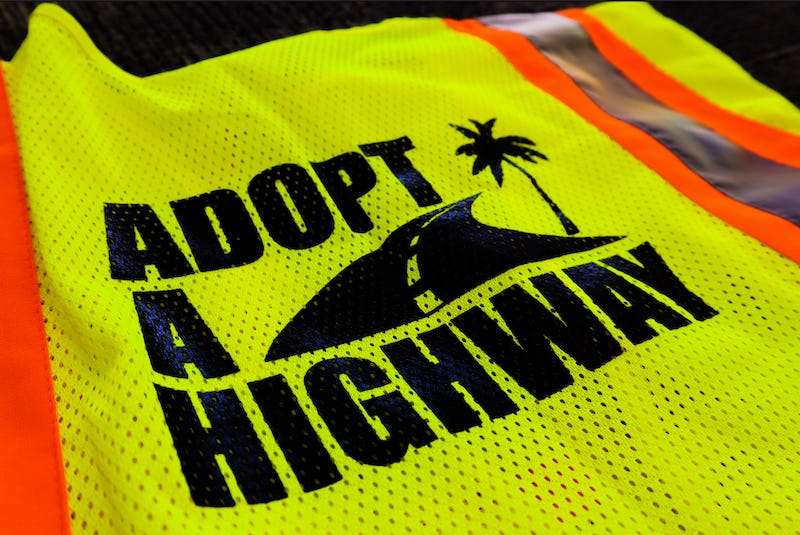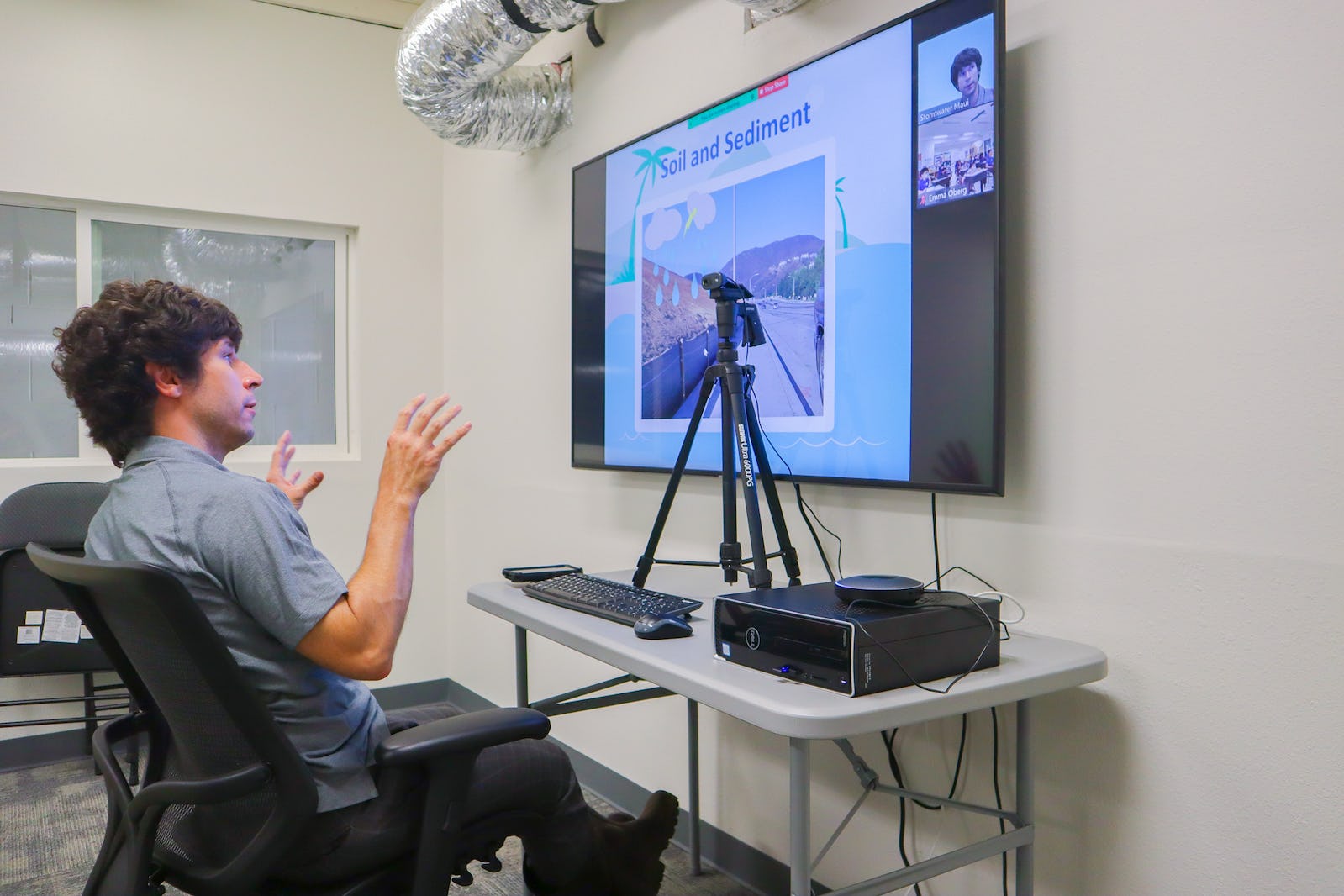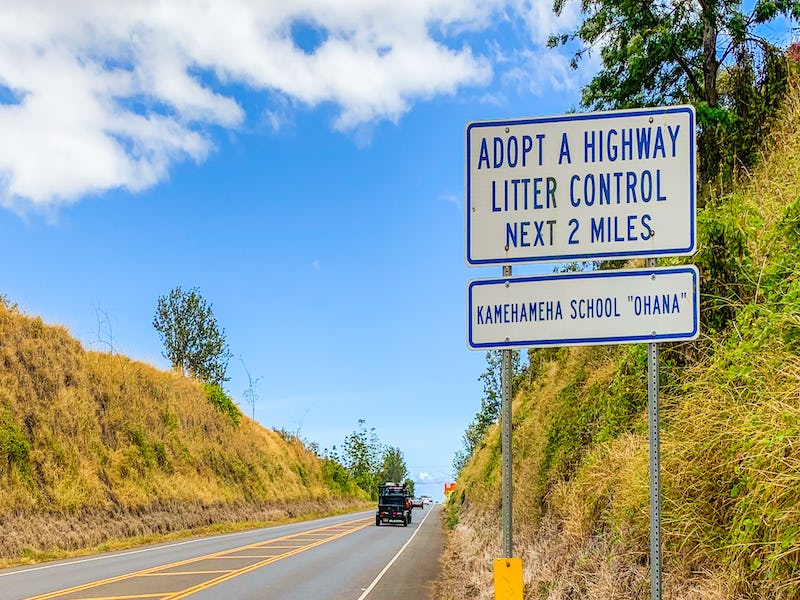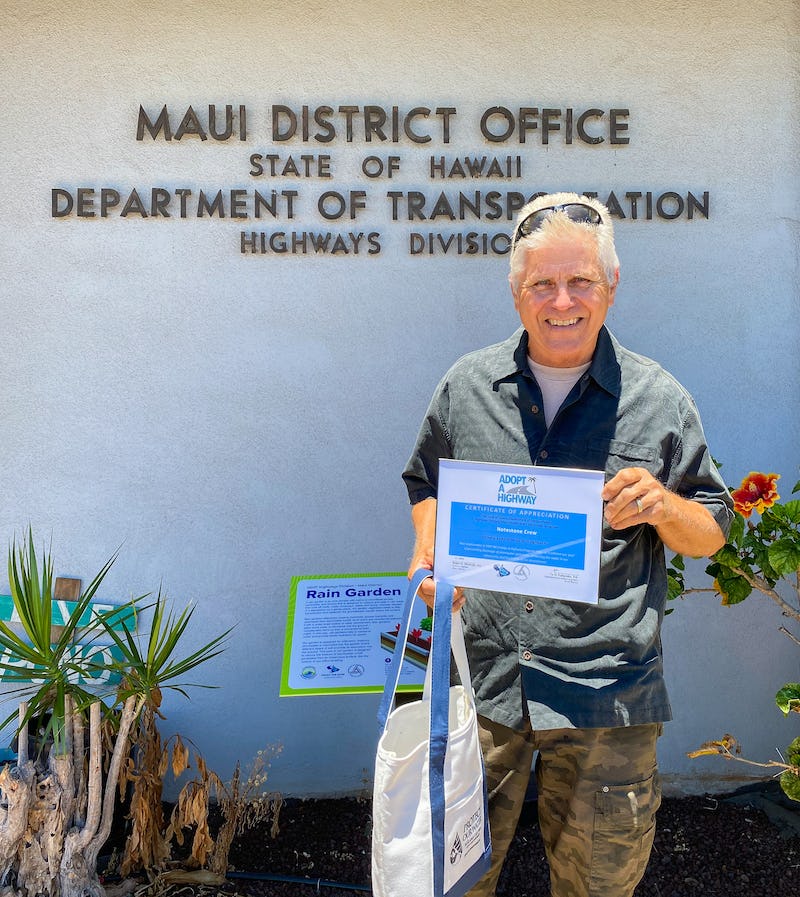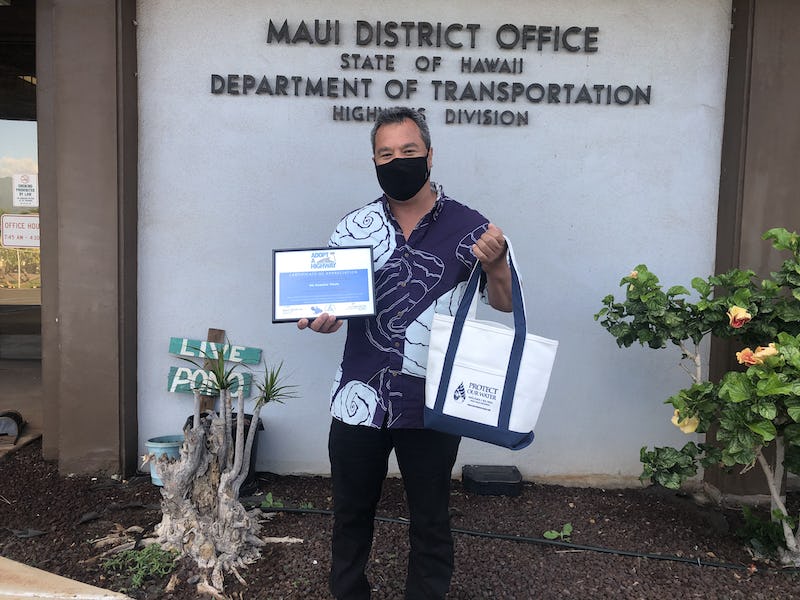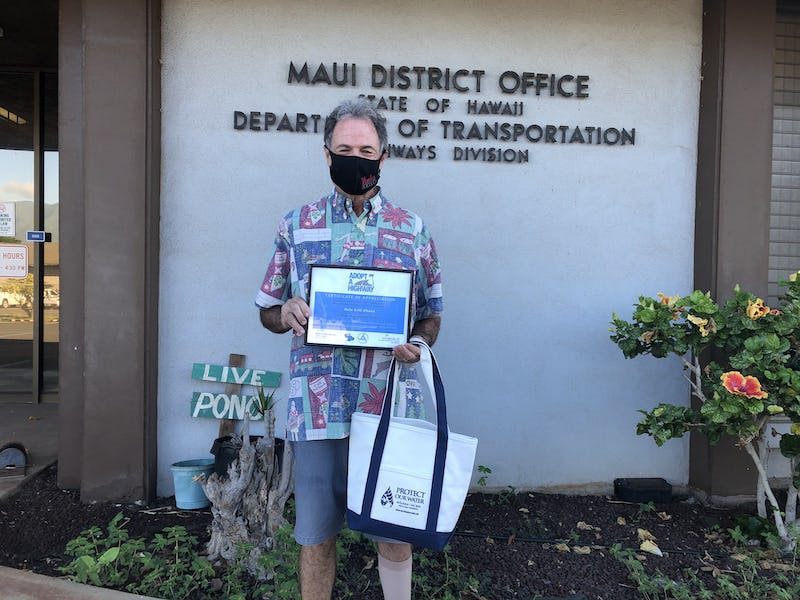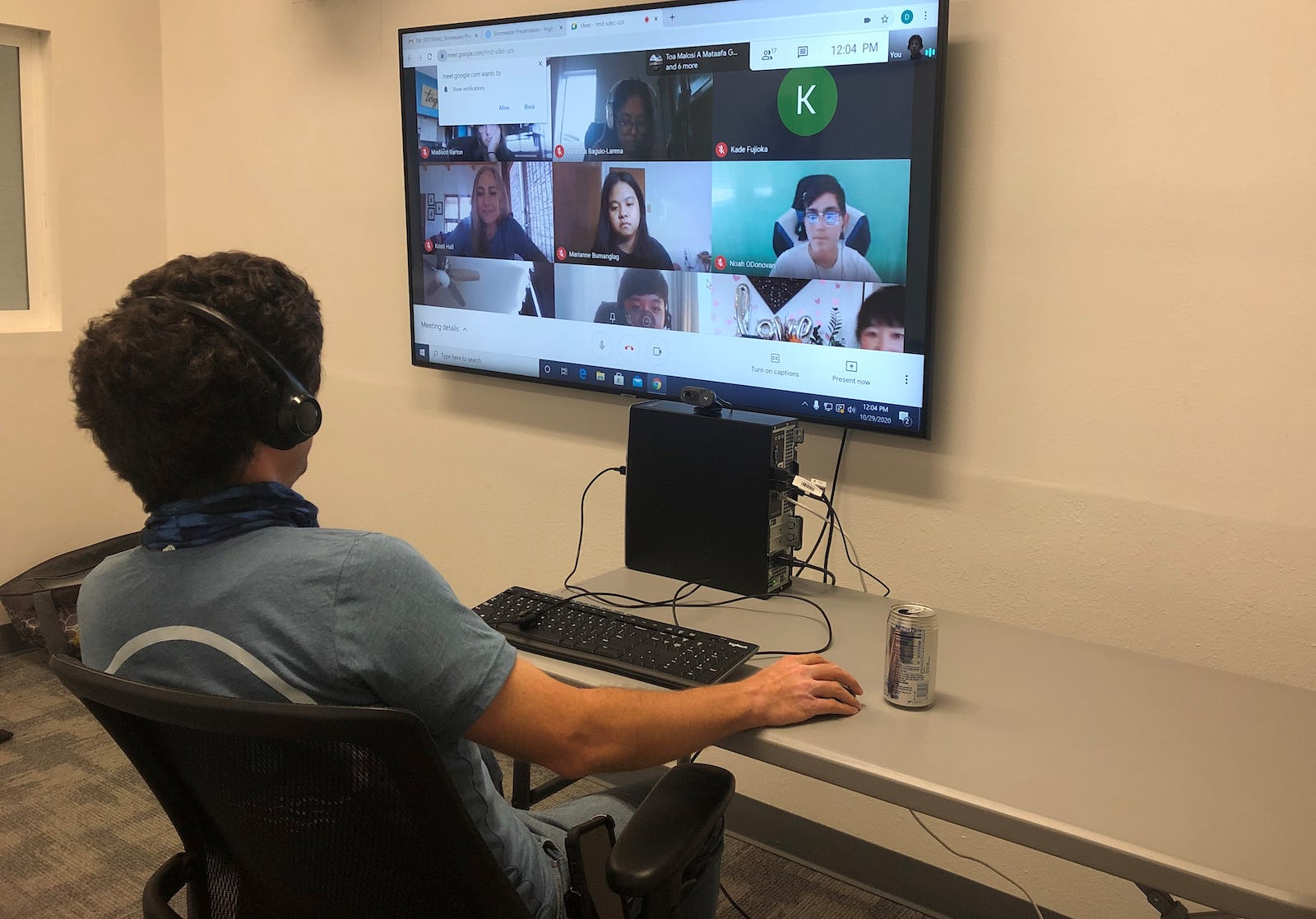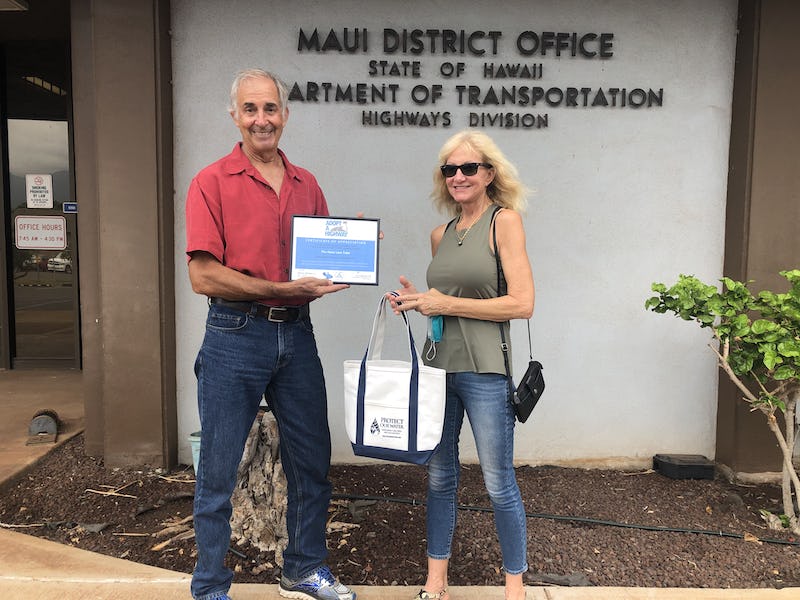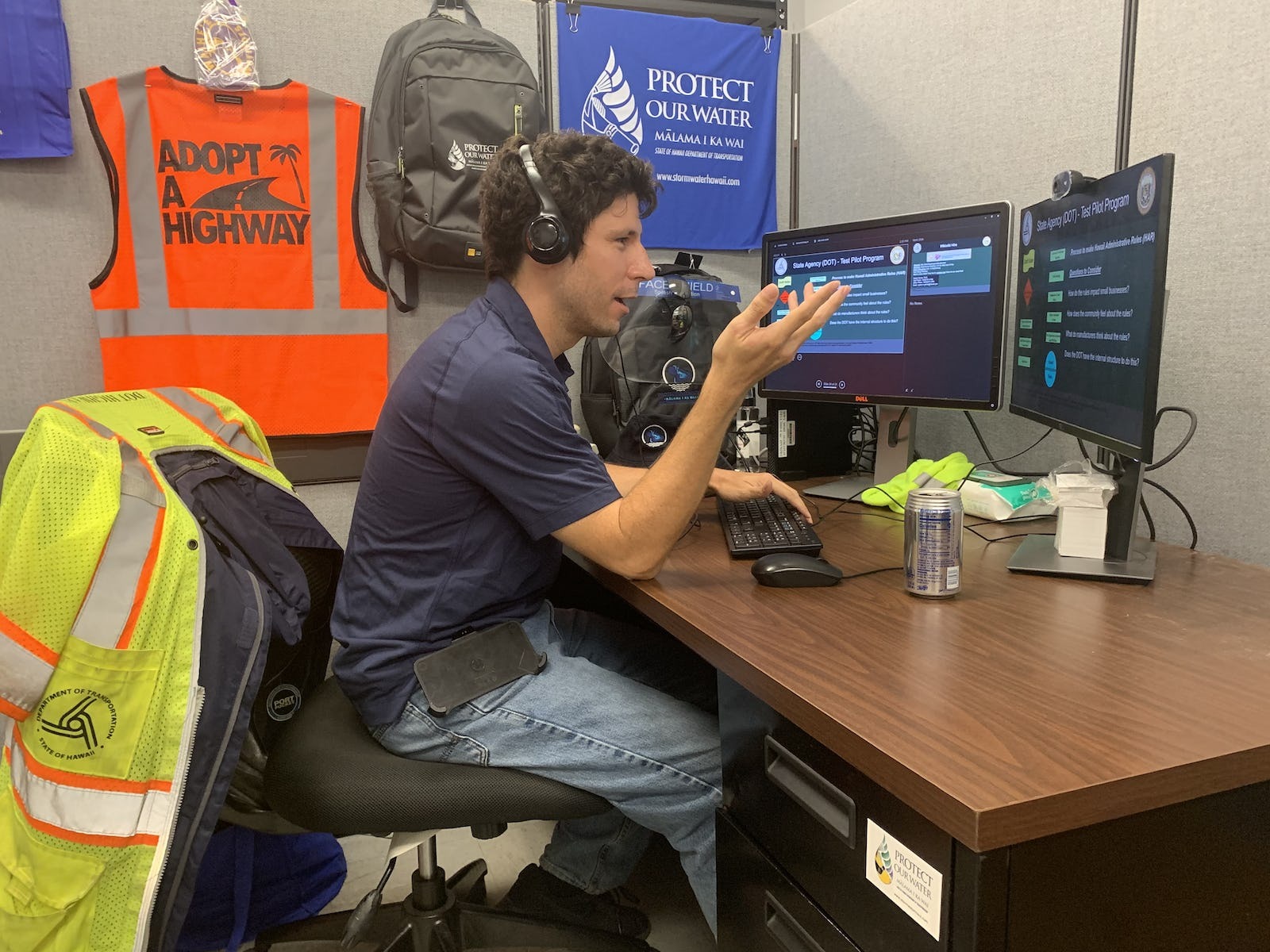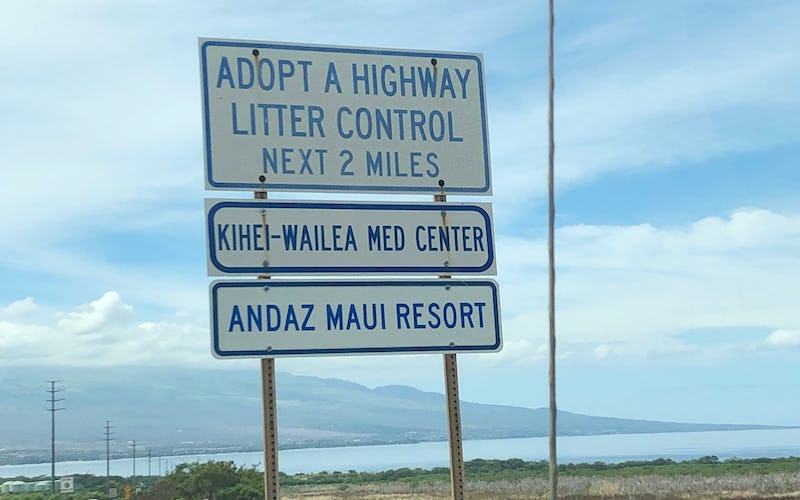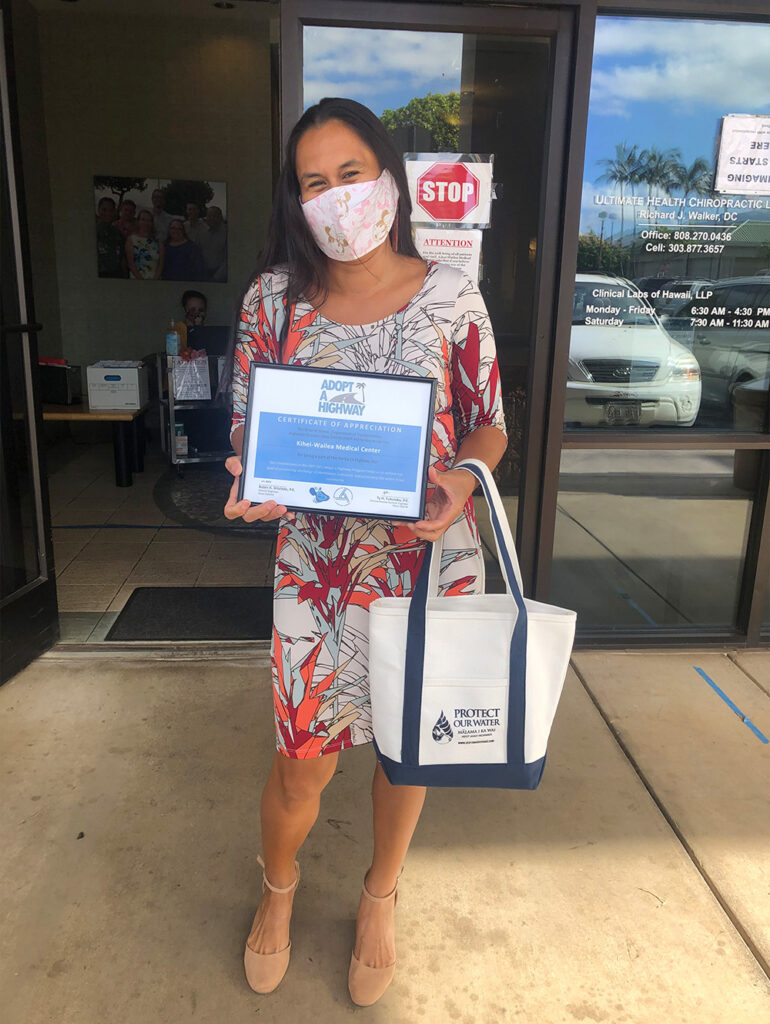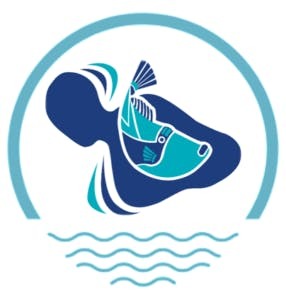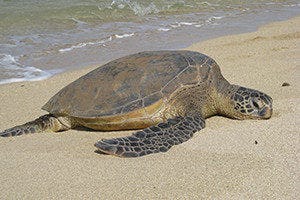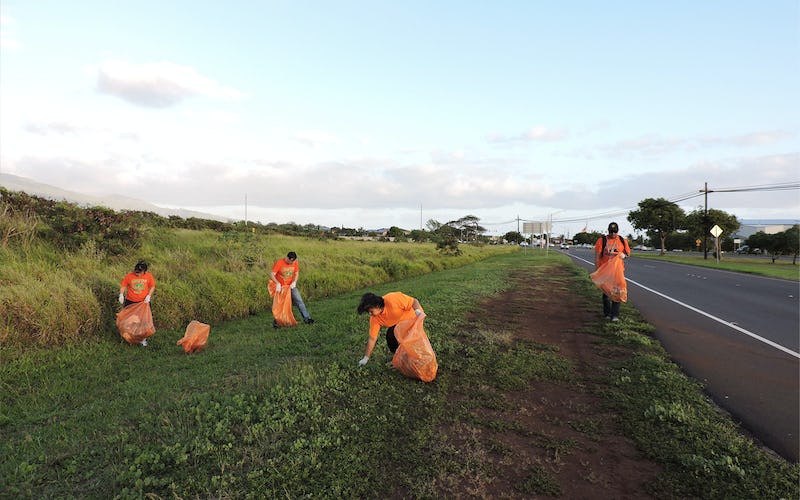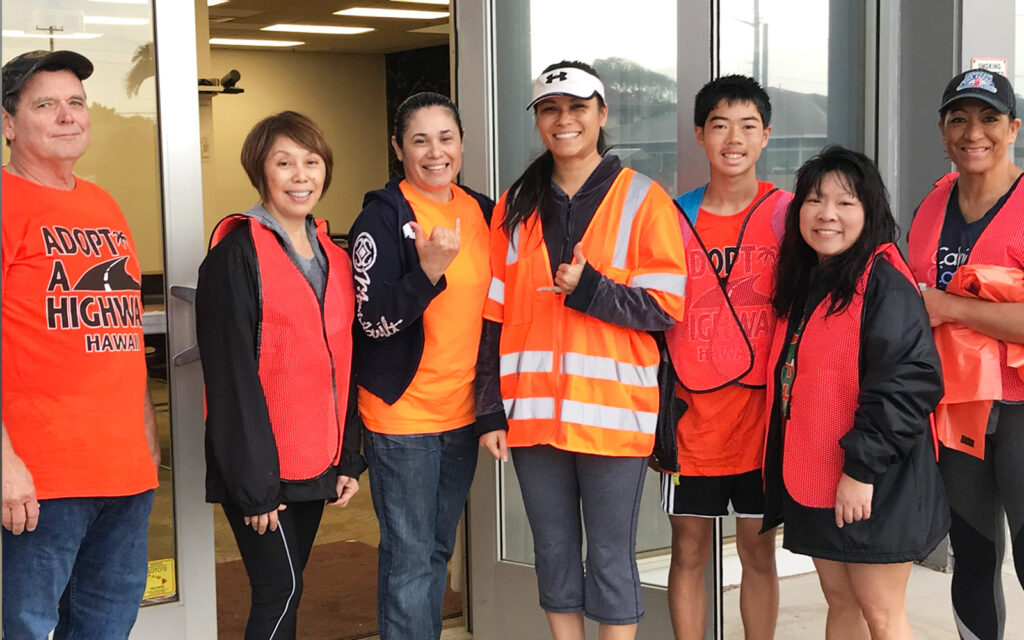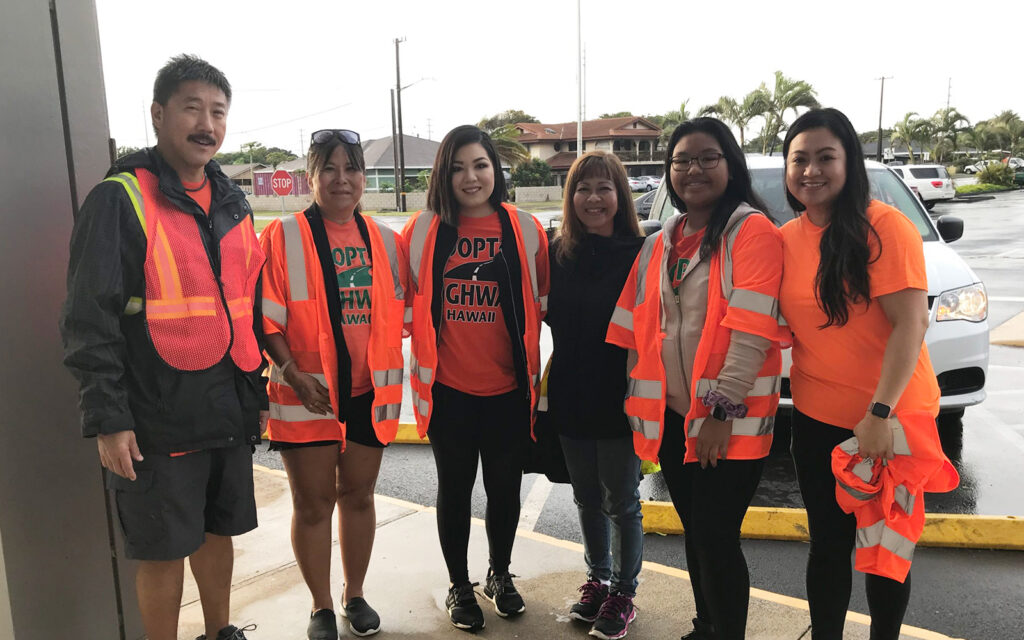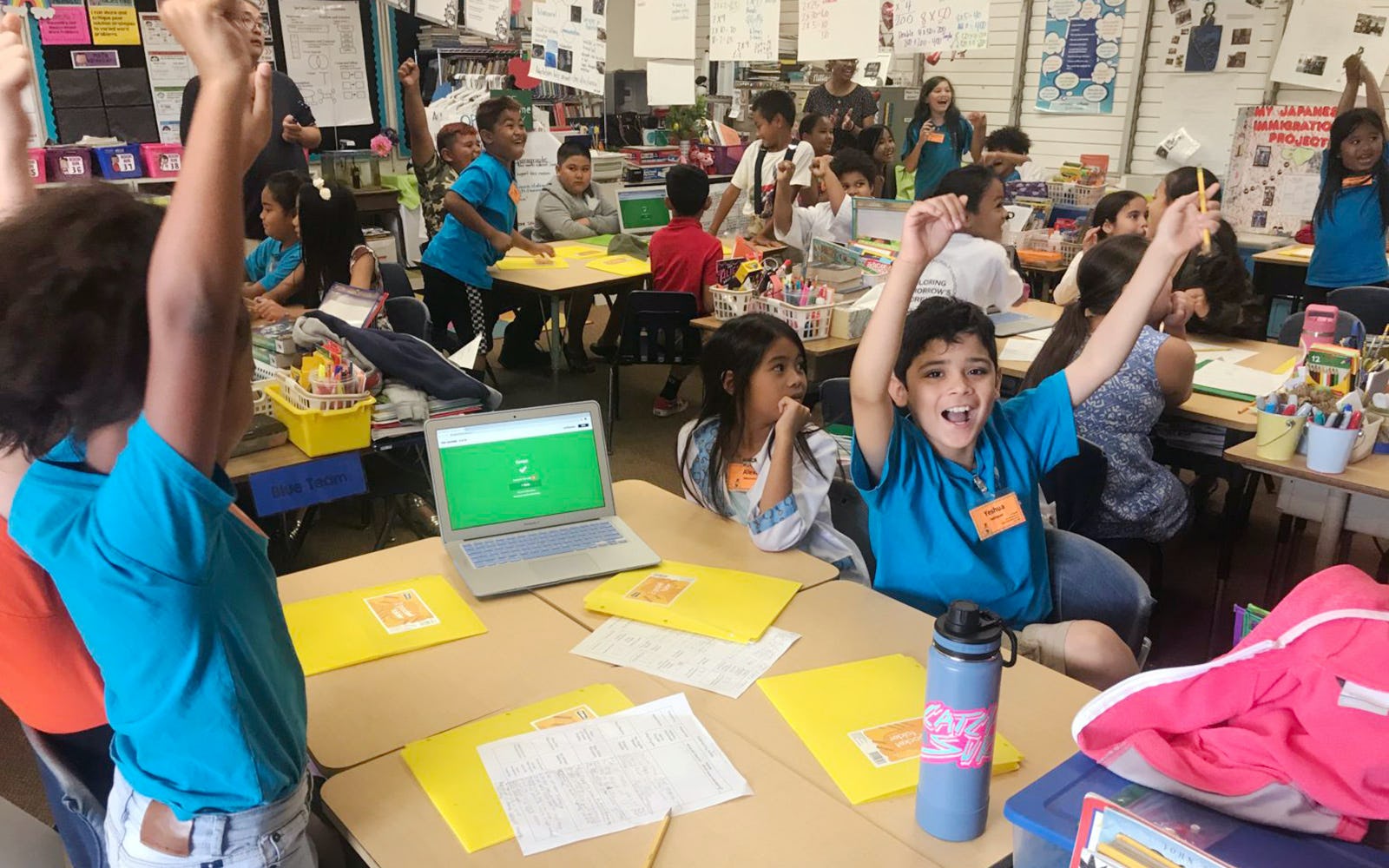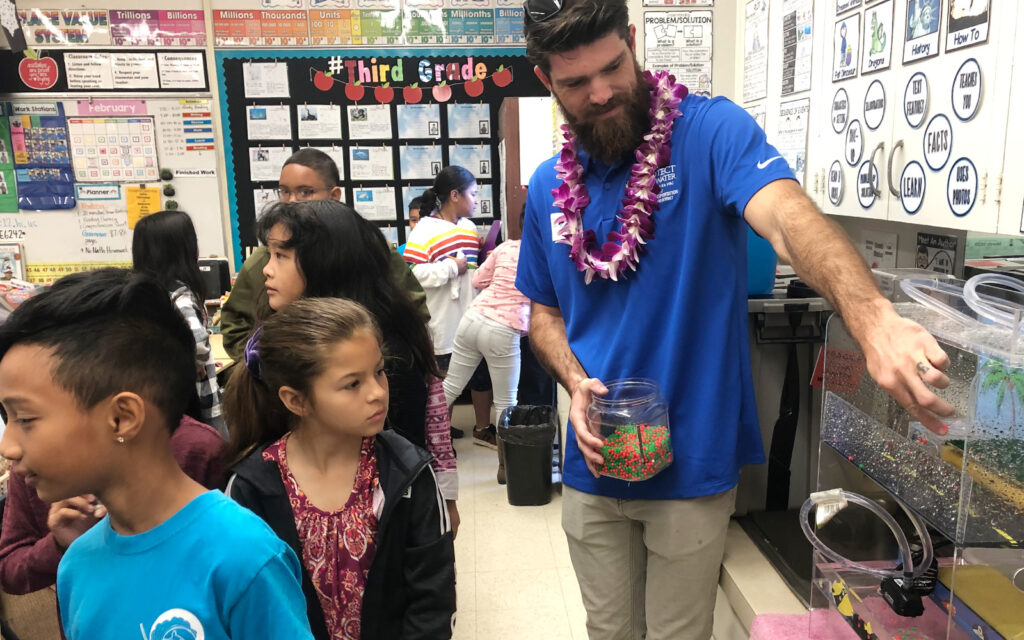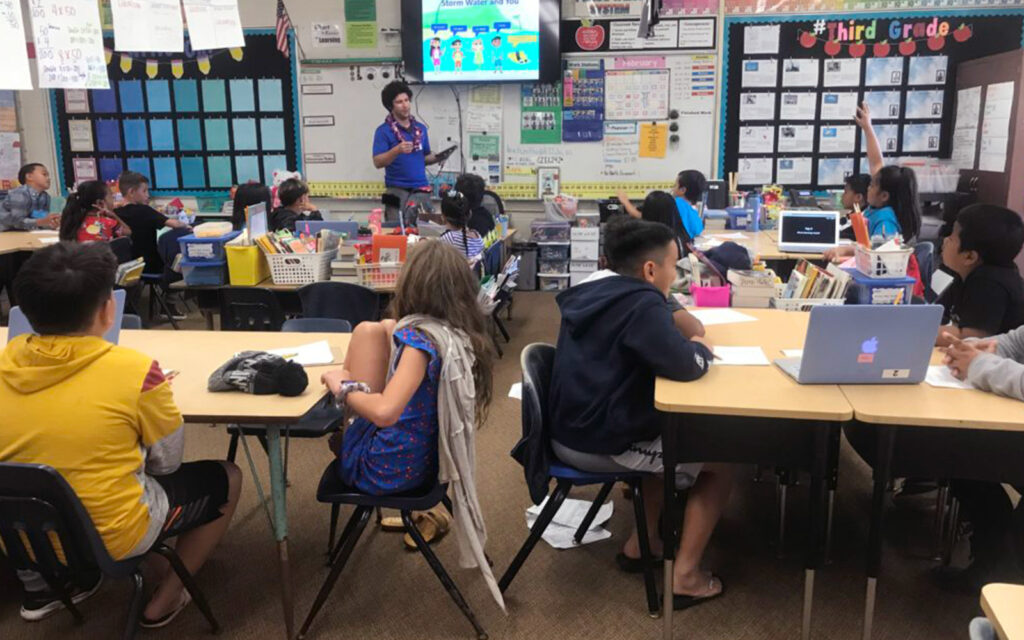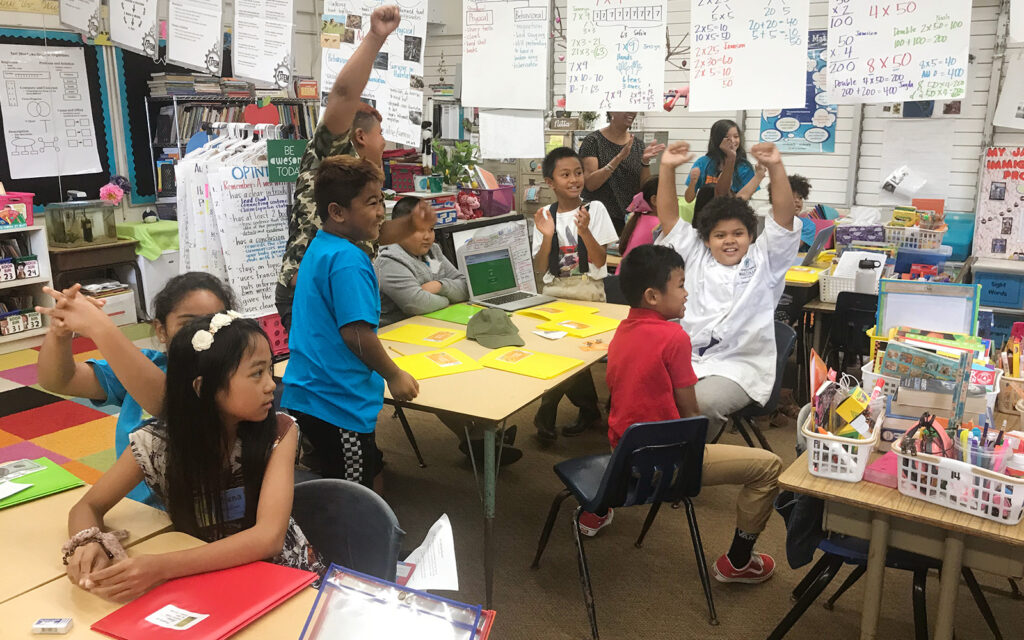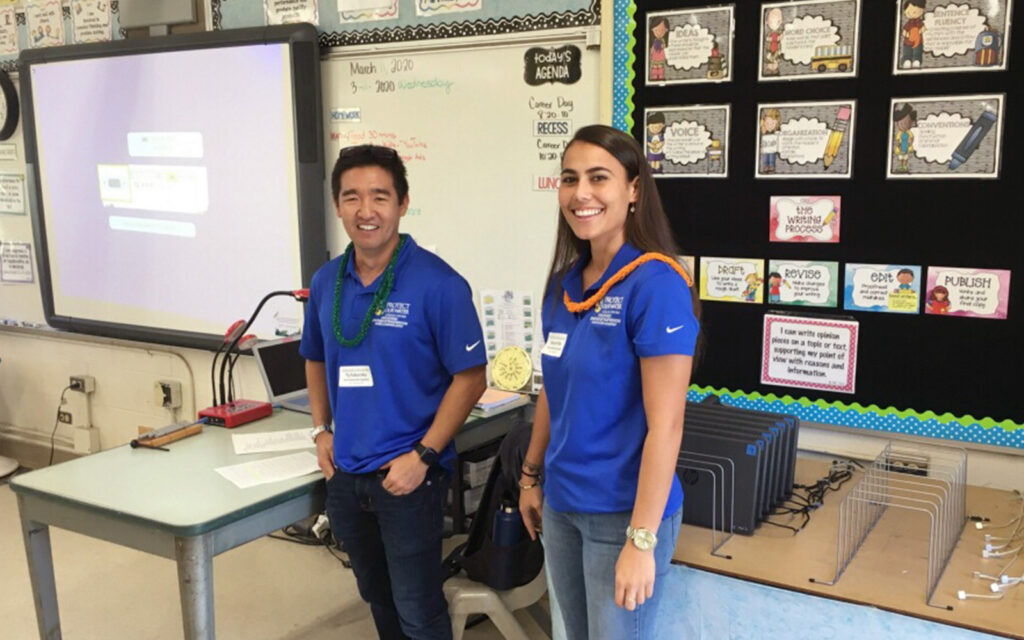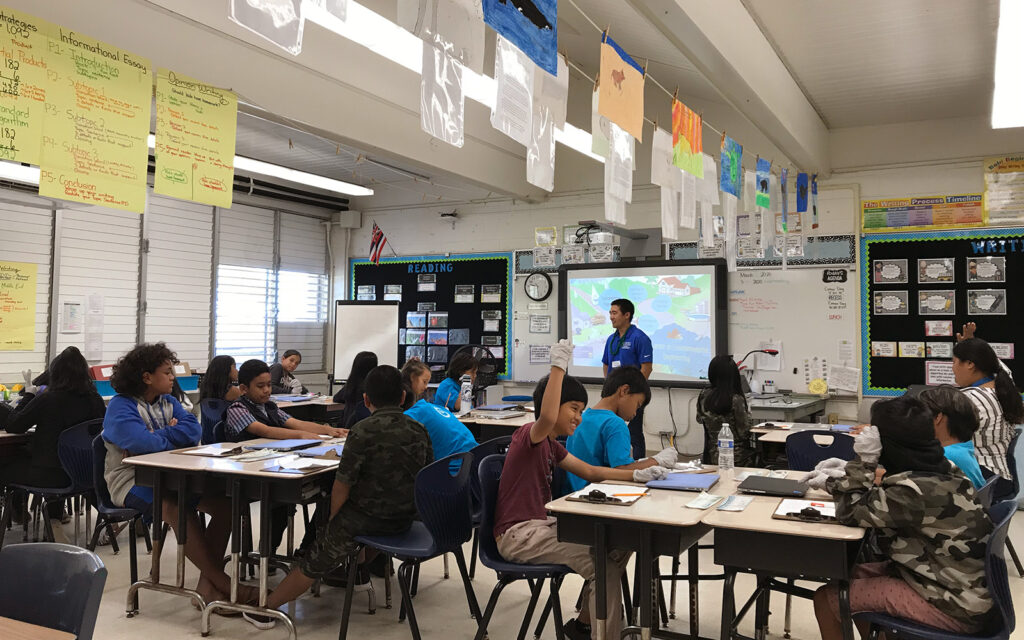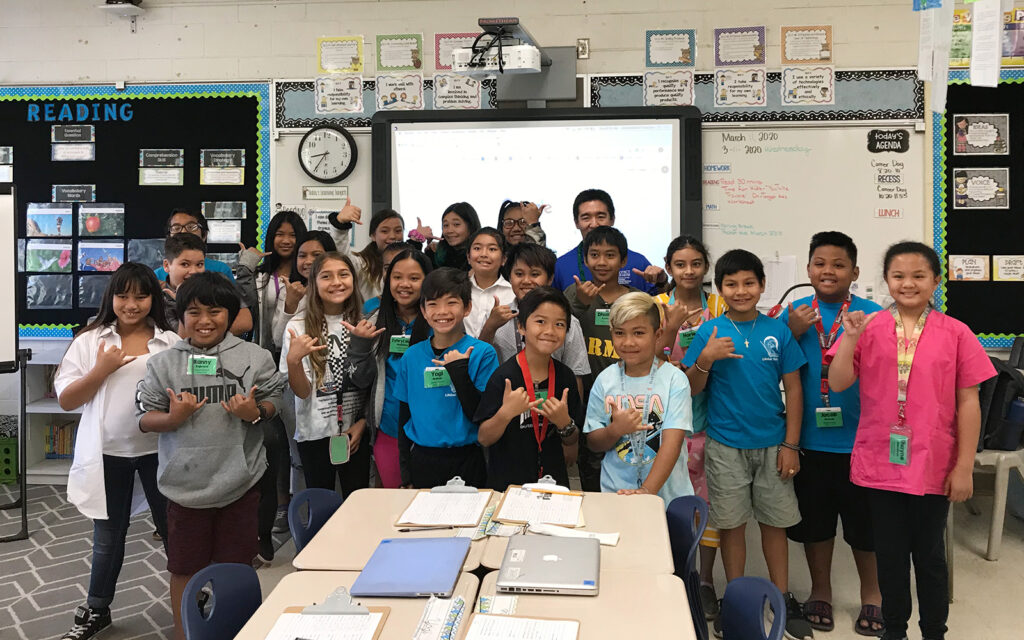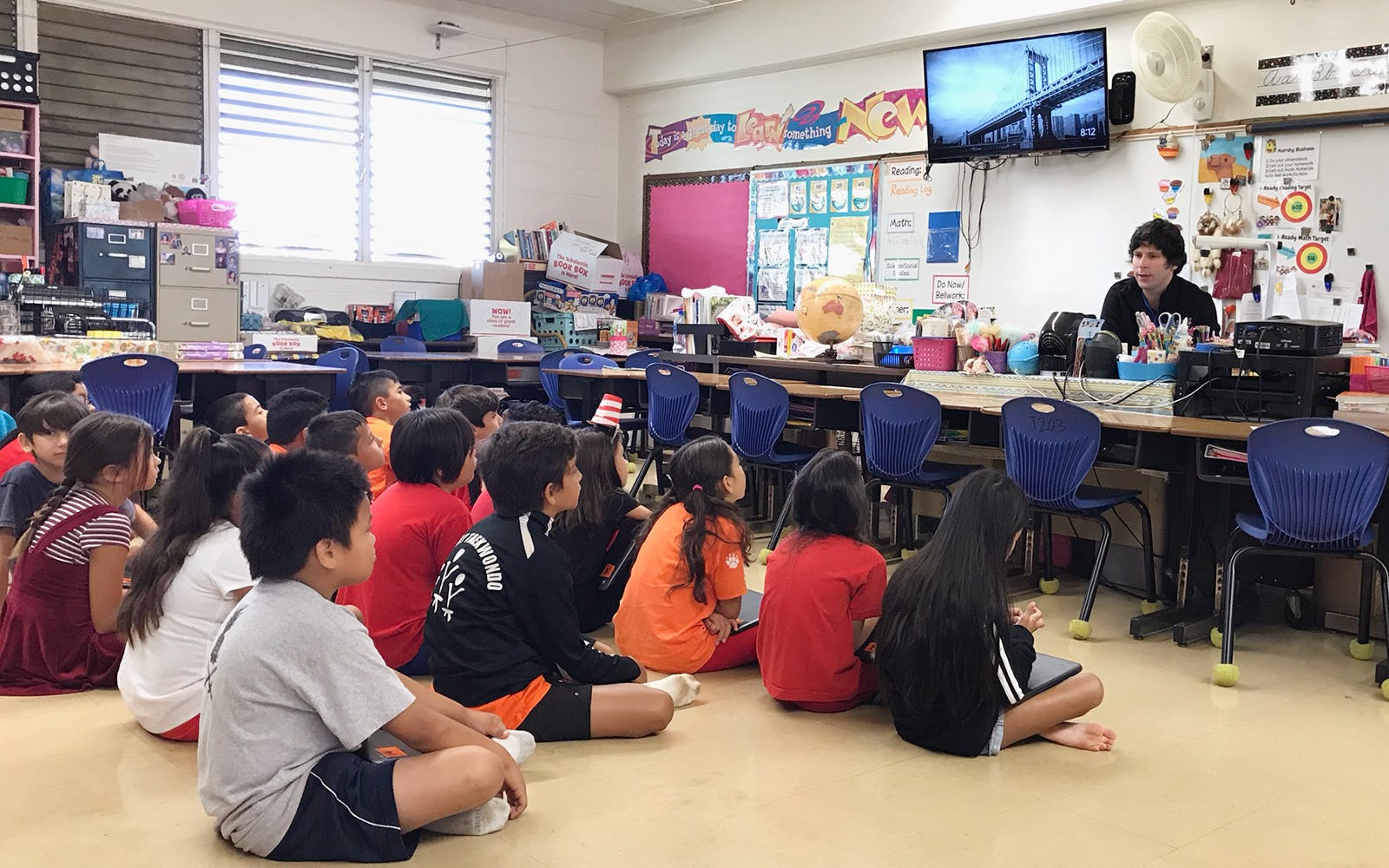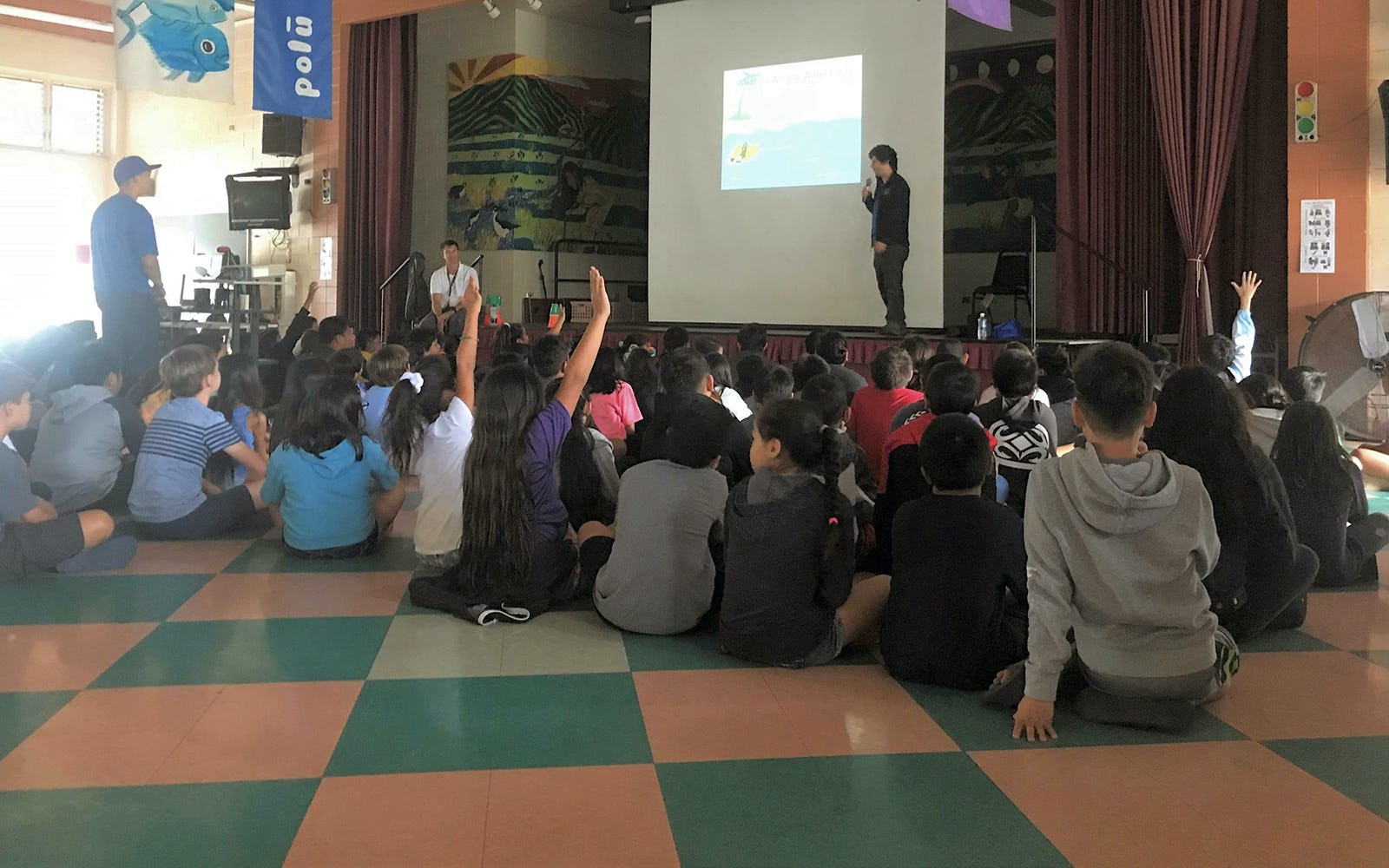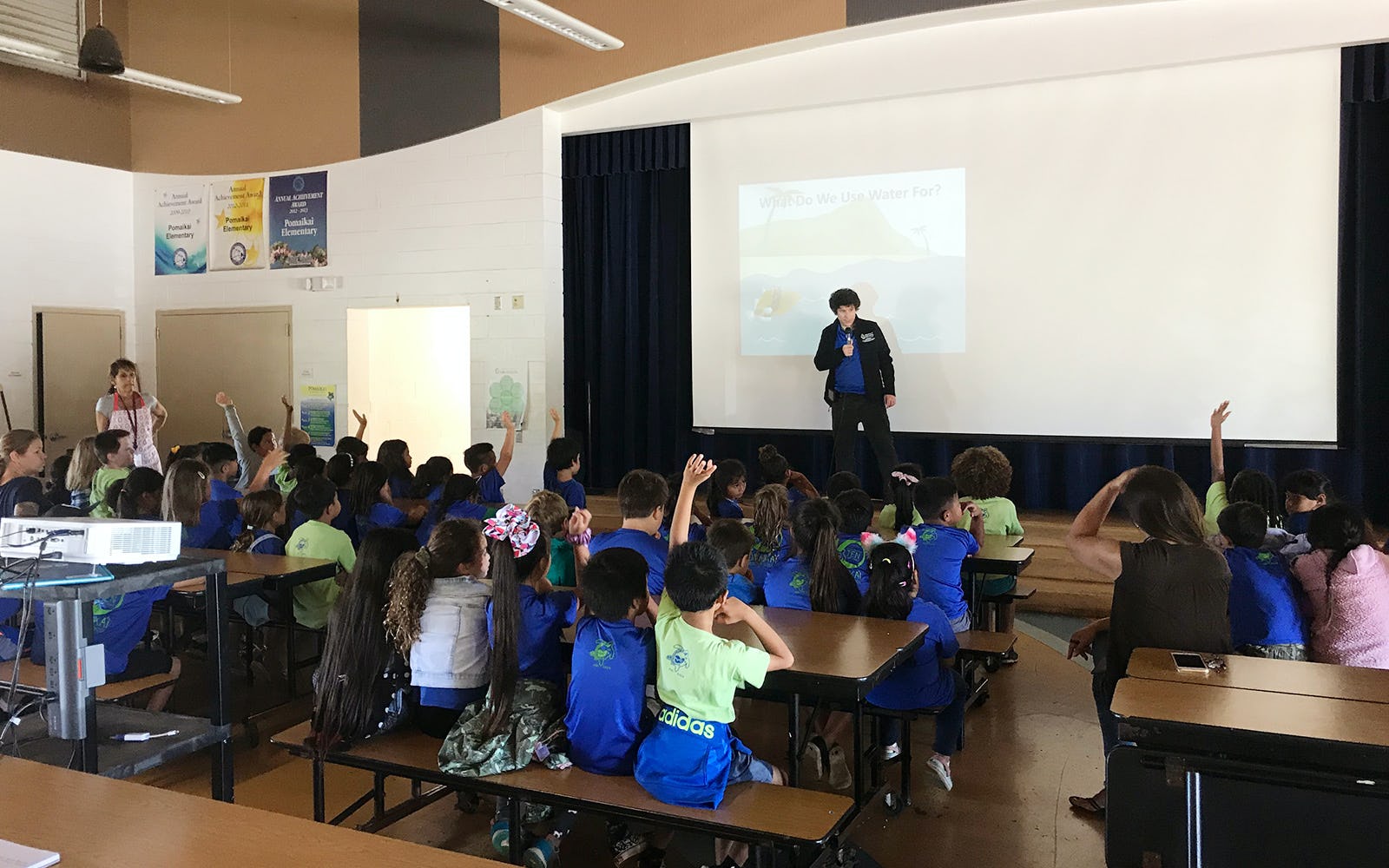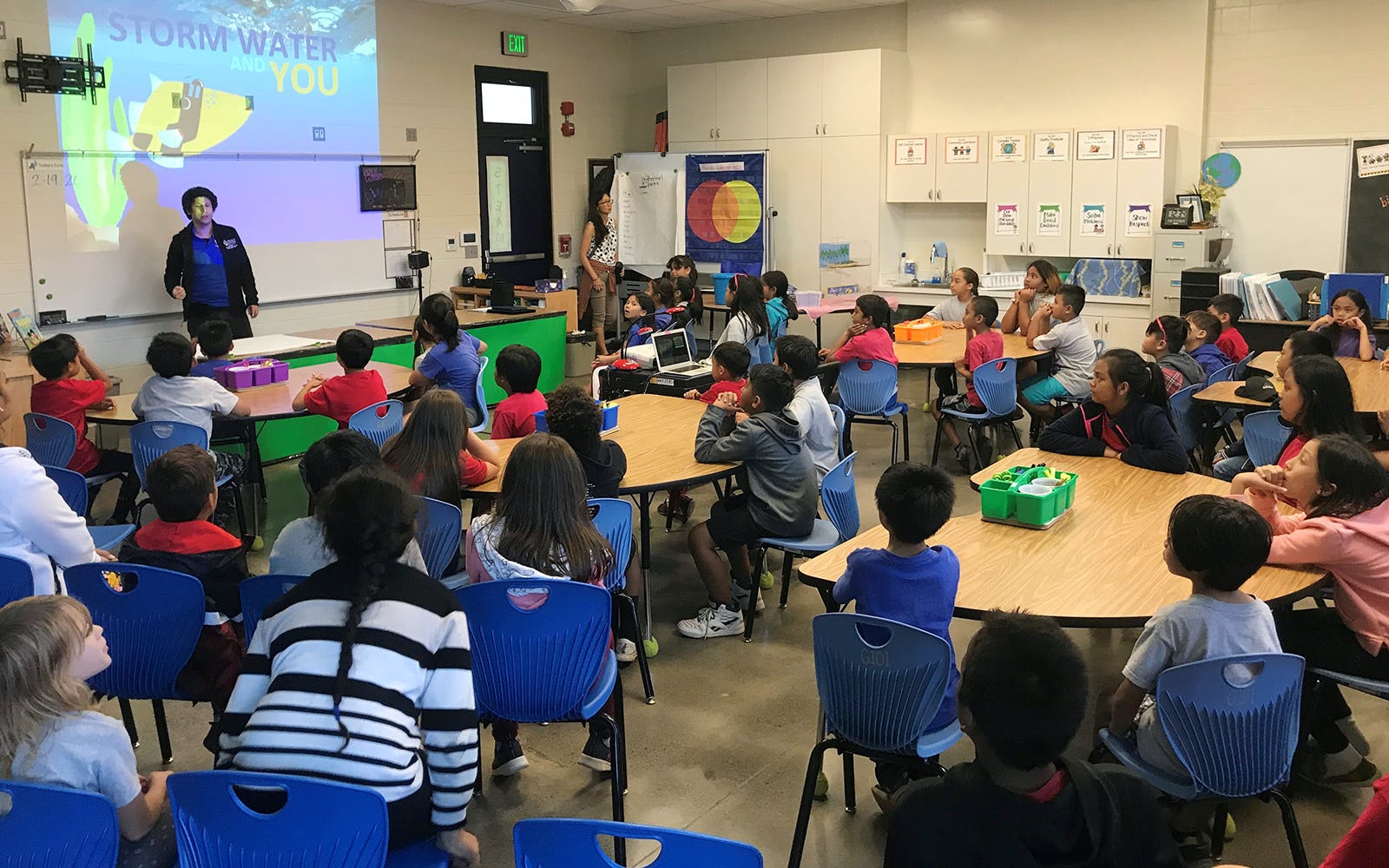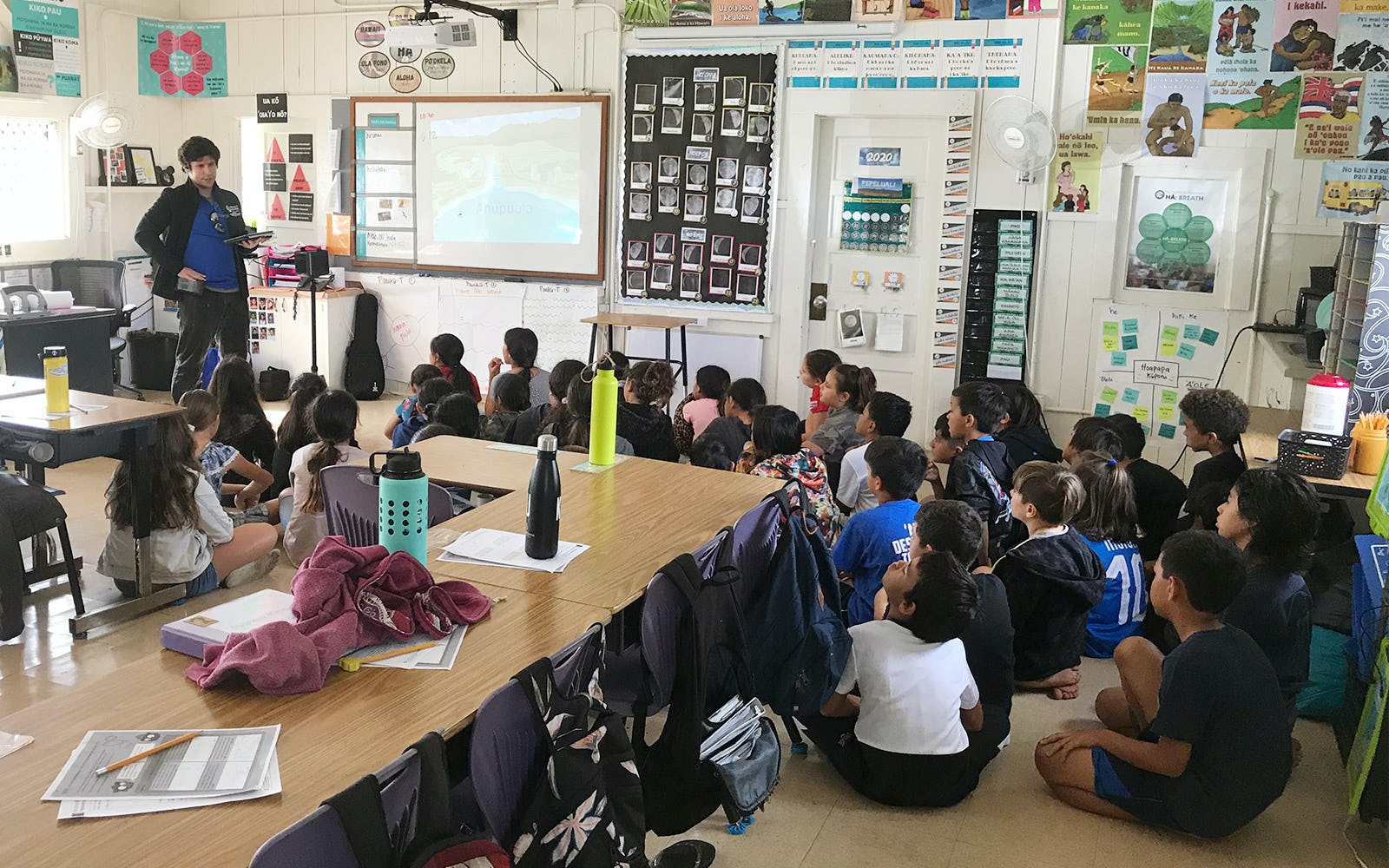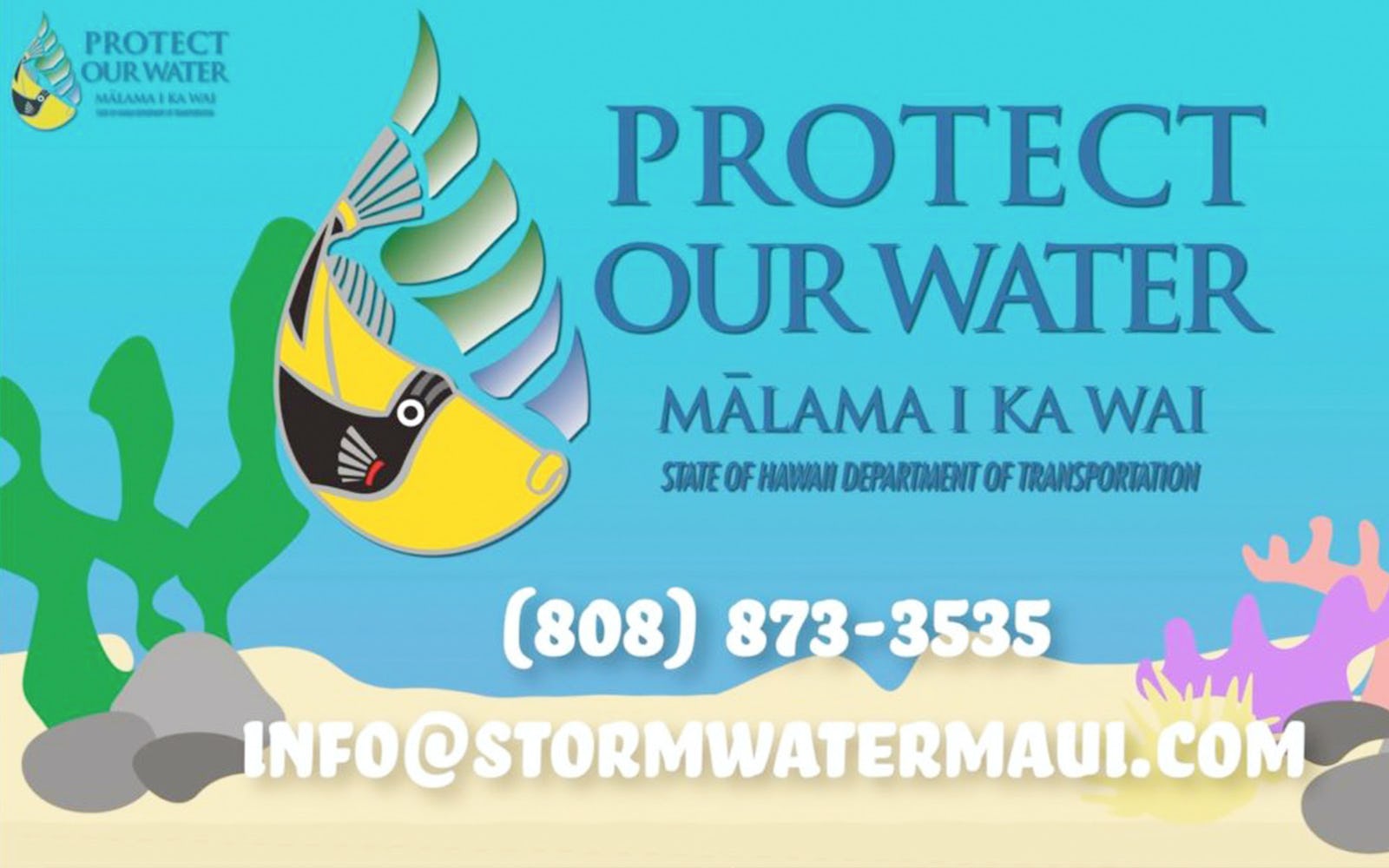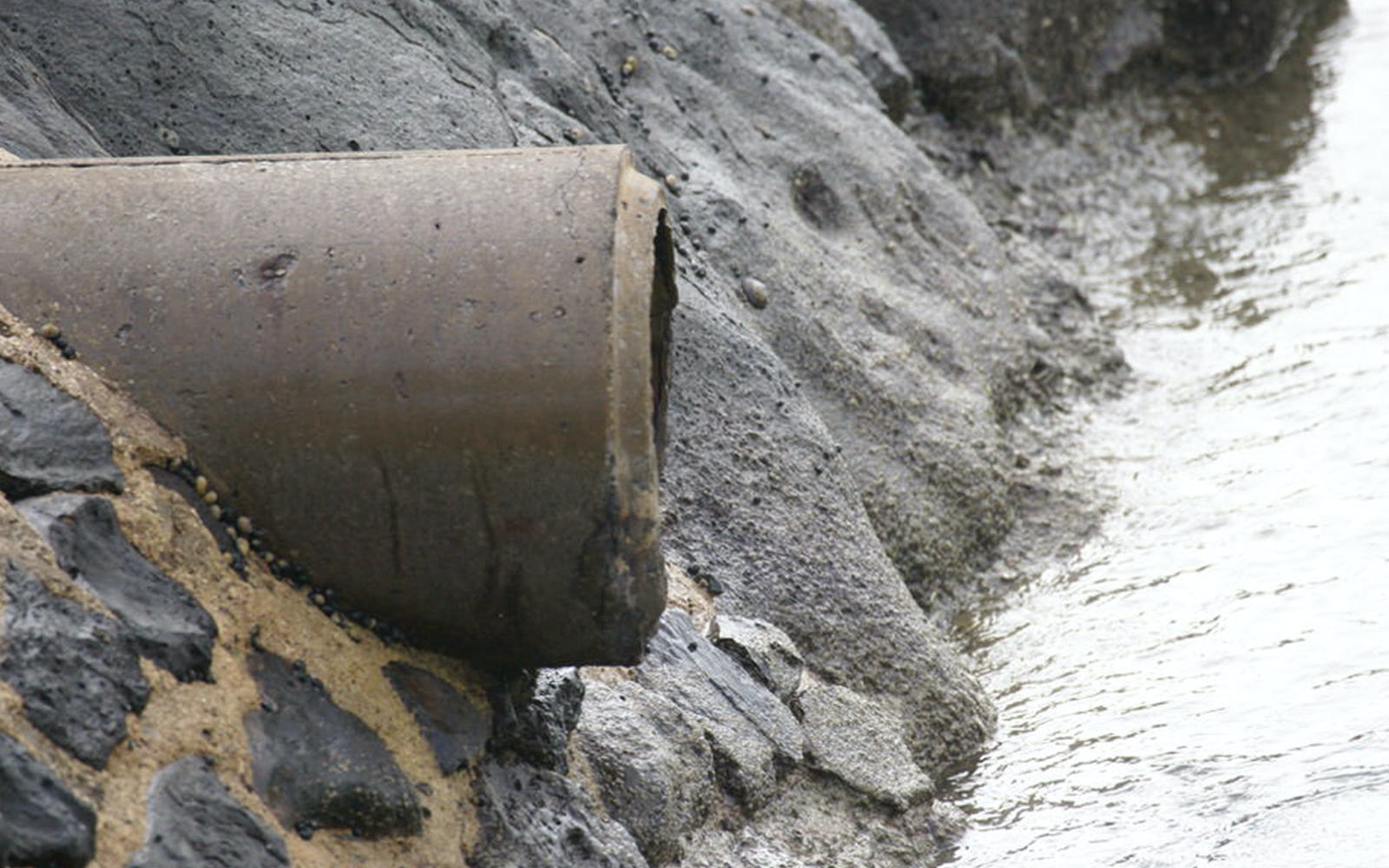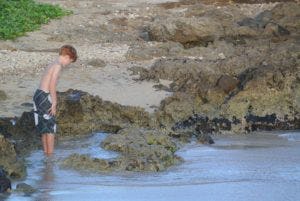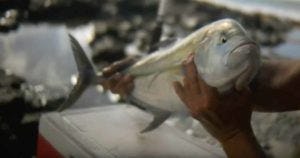Coral reefs are the most remarkable and diverse marine ecosystems on Earth, providing a home to over 25% of all marine life (~35,000–60,000 species), many still unknown to science. Coral reefs are fragile and very sensitive to changes in their environment.
On October 1st , 2022 the County of Maui Ordinance banning non-mineral sunscreens which kill coral went into effect. This ordinance will protect coral when we are swimming, but what else can we do to help support coral reefs while on land?
In urban landscapes, rainwater and water from our homes flow across concrete and asphalt, through streets, and parking lots. Instead of soaking into the ground the water picks up harmful pollutants such as nutrients, pesticides, petroleum, and soil ultimately flowing into the ocean. This water is called stormwater.
When polluted stormwater flows into the nearshore environment, it causes harm and can kill coral reefs and other marine life. What can we do to protect coral reefs from stormwater pollution?
House hold fertilizers, herbicides, and pesticides that make their way into stormwater, can result in more nutrients reaching the ocean. Nitrogen pollution in marine waters causes oxygen depletion and overgrowth of algae and seaweed which smothers coral by blocking light and promoting coral diseases. Herbicides destroy and damage the coral reef symbionts zooxanthellae algae, which are necessary for coral reefs to live and grow. We can help by reducing our use of house hold fertilizers, herbicides, and pesticides, and making sure they don’t reach stormwater drains.
Coastal development and construction can lead to heavy amounts of sediment. Sediment run off from farms and lands settle on reefs and smother them by blocking light. Have you ever seen brown water in the ocean? That is usually caused by large amounts of sediment from land runoff. If sediment covers corals for more than 1-2 days, they will die. We can help by making sure we are not contributing sediment and soils from our yards and landscapes to stormwater runoff.
Rubbish such as old fishing gear, plastic bottles and bags which settle on reefs can block sunlight, damage and break corals. Small pieces of degraded plastic can be ingested by coral and other reef animals, blocking their digestive tracts and killing them. Remember, it takes 150 years for a plastic bottle to decompose! We can help by making sure rubbish and trash ends up in the right place, not the ocean.
Each of these threats negatively impacts the health of coral reefs. Coral reefs can take hundreds of years to form because they grow very slowly. If damage continues at the current rate worldwide, over half of all coral reefs could disappear in our lifetimes.
So, in addition to wearing reef-safe sunscreen, also keep in mind your actions on land, and what you are contributing to stormwater drains. And remind your family and friends! We are all a part of this living community, which includes corals too!
Citations:
El-Naggar, H. A. (2020). Human Impacts on Coral Reef Ecosystem. In E. R. Rhodes, & H. Naser (Eds.), Natural Resources Management and Biological Sciences. IntechOpen. https://doi.org/10.5772/intechopen.88841
